Real Slick, Jack: Psyche Organic Arrives in New York
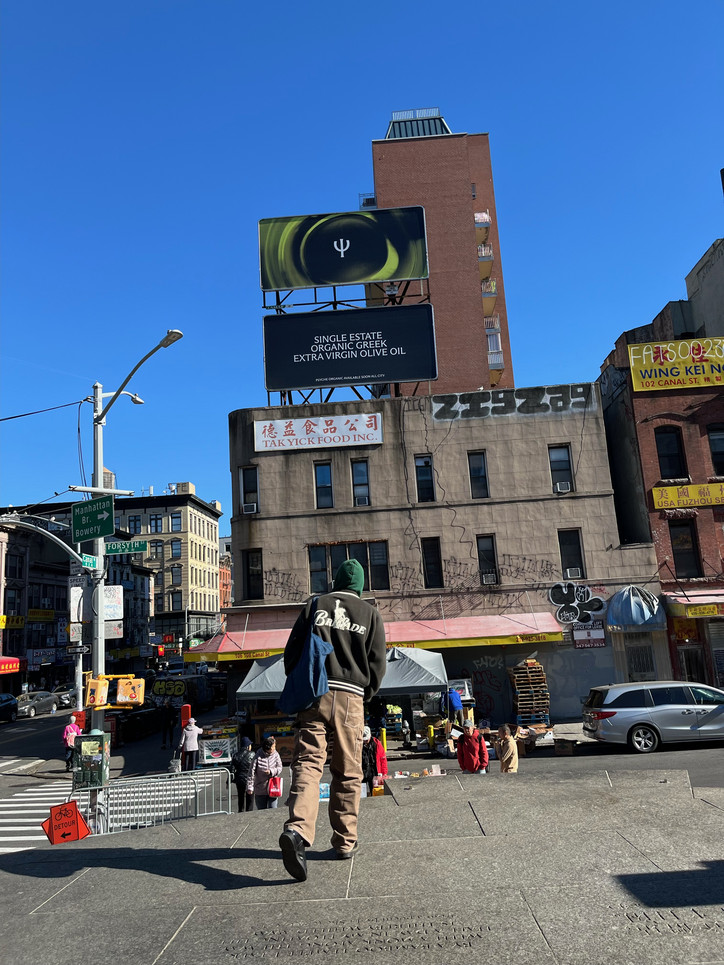
Shop Psyche Organic at Happier Grocery and Dimes. Coming soon to @citarellagourmetmarket @unionmarket @gourmetgarage @deciccos @fairwaymarket plus many more.
Stay informed on our latest news!

Shop Psyche Organic at Happier Grocery and Dimes. Coming soon to @citarellagourmetmarket @unionmarket @gourmetgarage @deciccos @fairwaymarket plus many more.
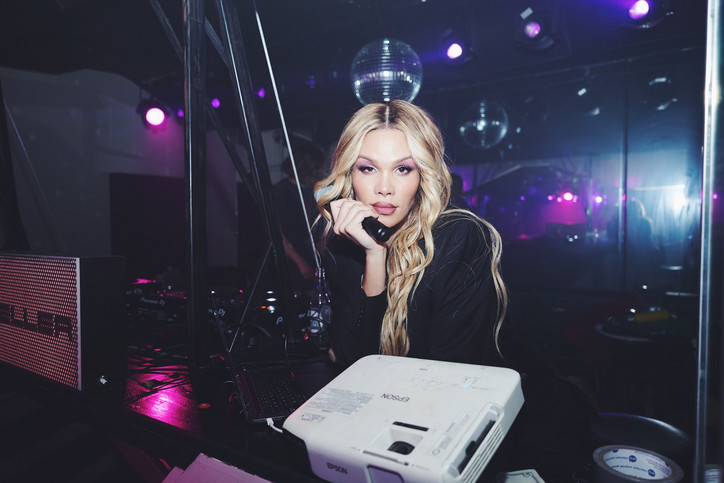
“Dweller has evolved based on the people who are connected to it,” says Frankie Decaiza Hutchinson, who founded Dweller in 2019. The education component and blog came about in 2020 at the suggestion of Ryan Clarke, who now curates and organizes the festival alongside Enyo Amexo and Hutchinson. “When it’s a trio of you and you've developed a certain vision for it, it becomes quite precious and intimate in a way,” Hutchinson says, but that comes with the risk of “being too precious and not letting it grow.” She hopes that the future of Dweller will bring expansion of their team and a structure that allows them to be compensated for their work — so far, the festival has been a labor of love, motivated by the team’s love for the community that Dweller cultivates.
“Dweller is the most wonderful time of the year," says multidisciplinary artist Maya Margarita, who DJs under the name “br0nz3_g0dd3ss." “I truly look forward to it all year round, like it's actually Christmas for me!” Margarita played sets during the first edition of Dweller in 2019 and the third in 2022. She got involved with Dweller through her friendship with Hutchinson, who she says “has always been so supportive of my music, and just everything that I've set my sights on from the beginning.” For this year’s Dweller, the two of them decided to have Margarita do something a little different than a typical DJ set.

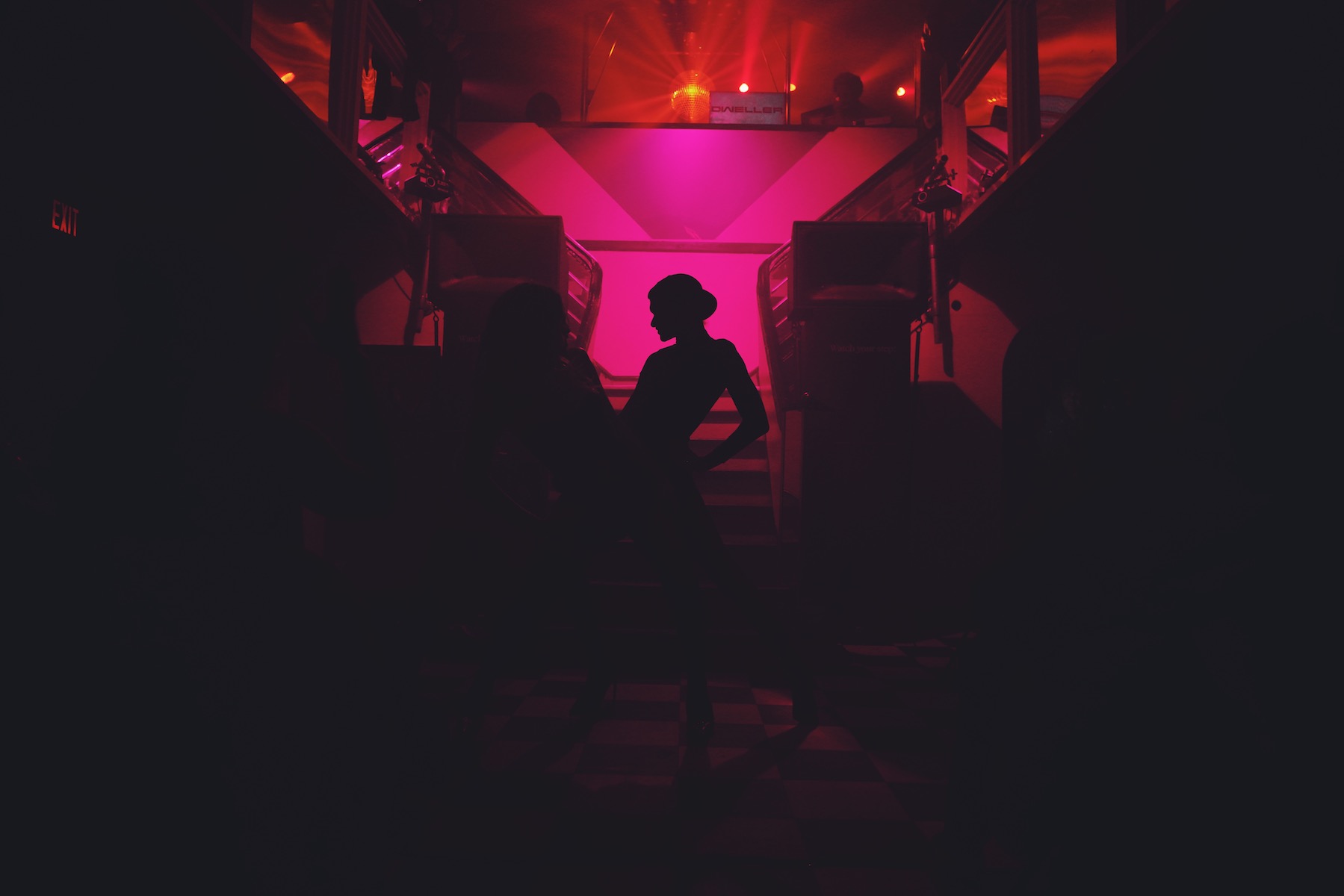
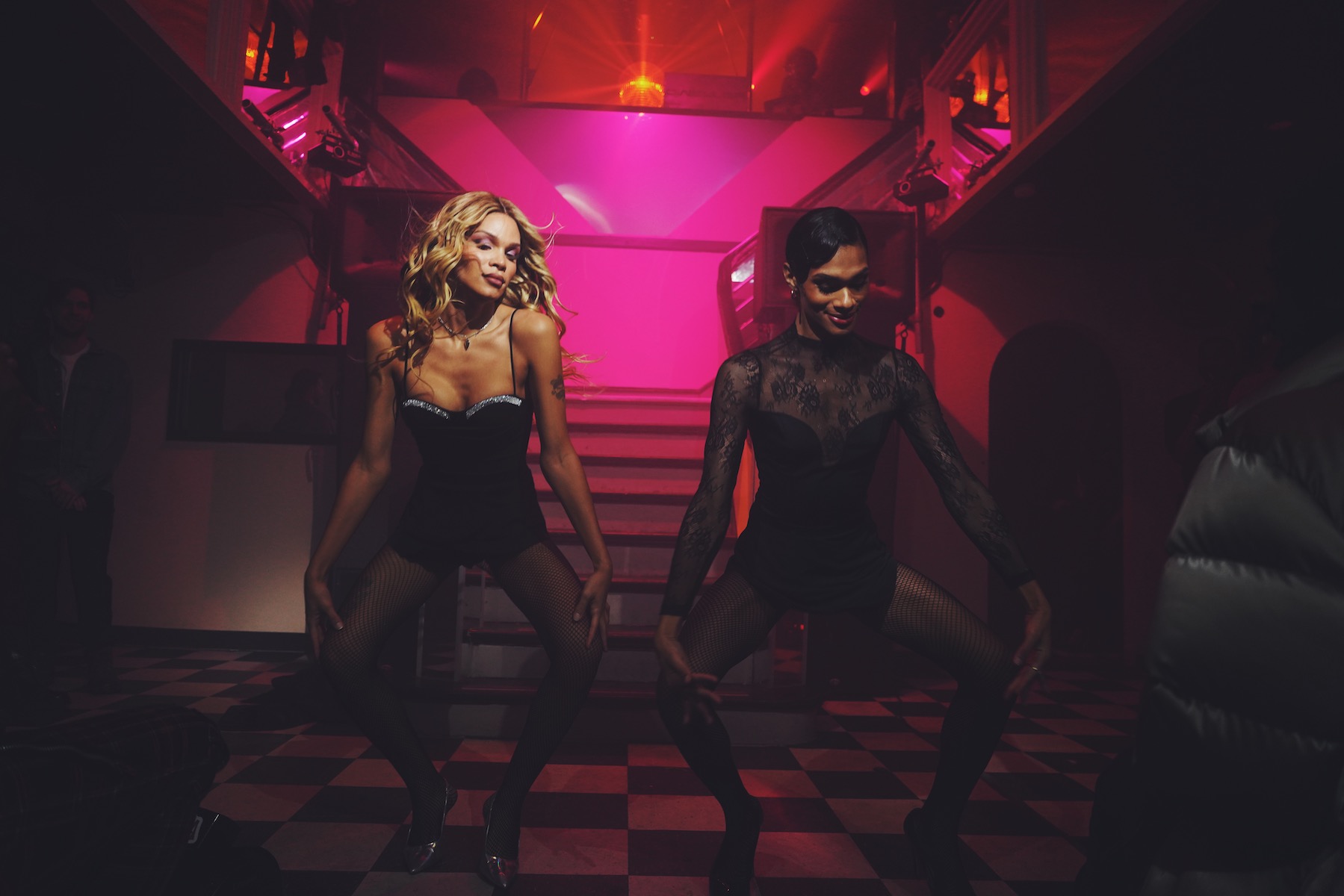
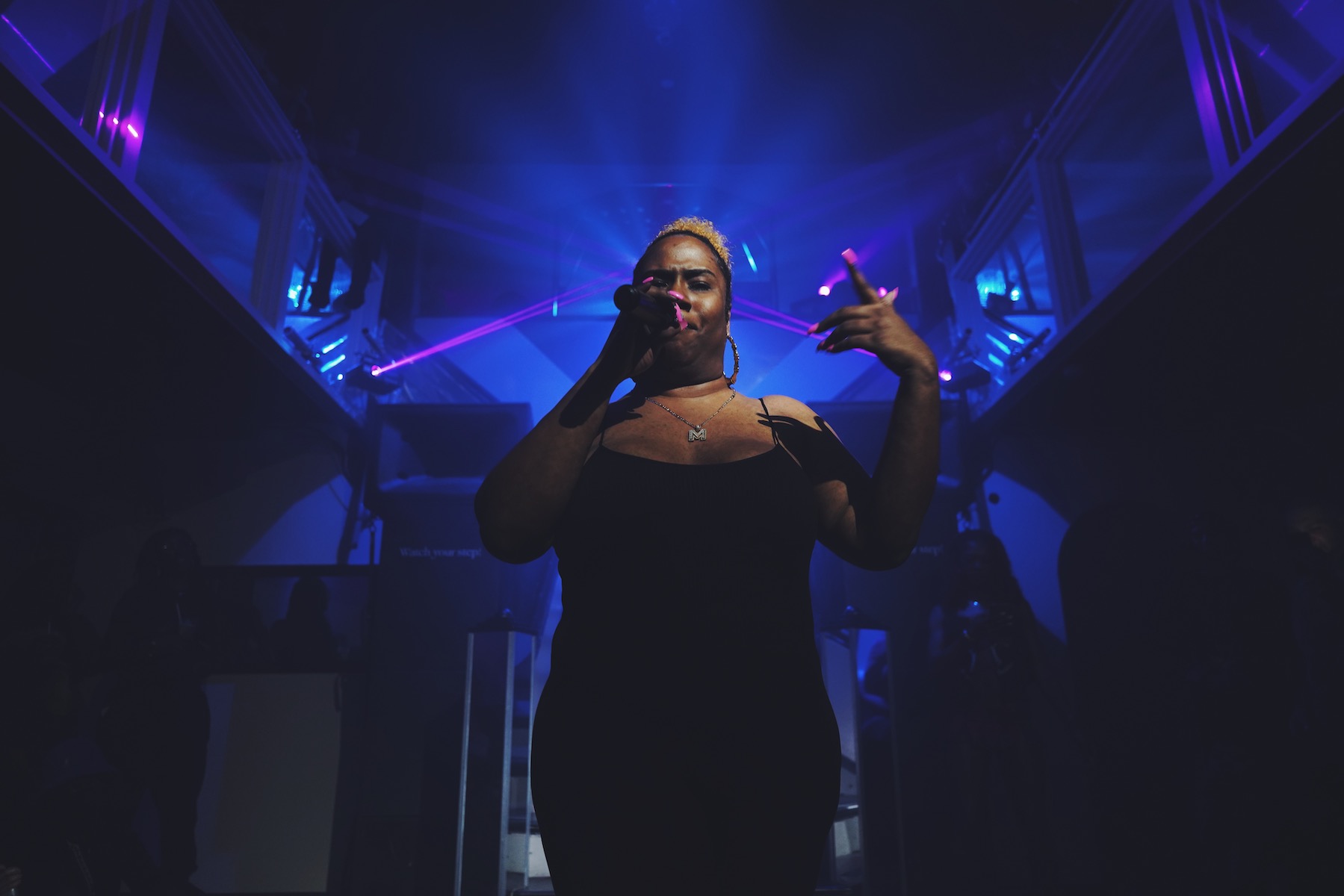
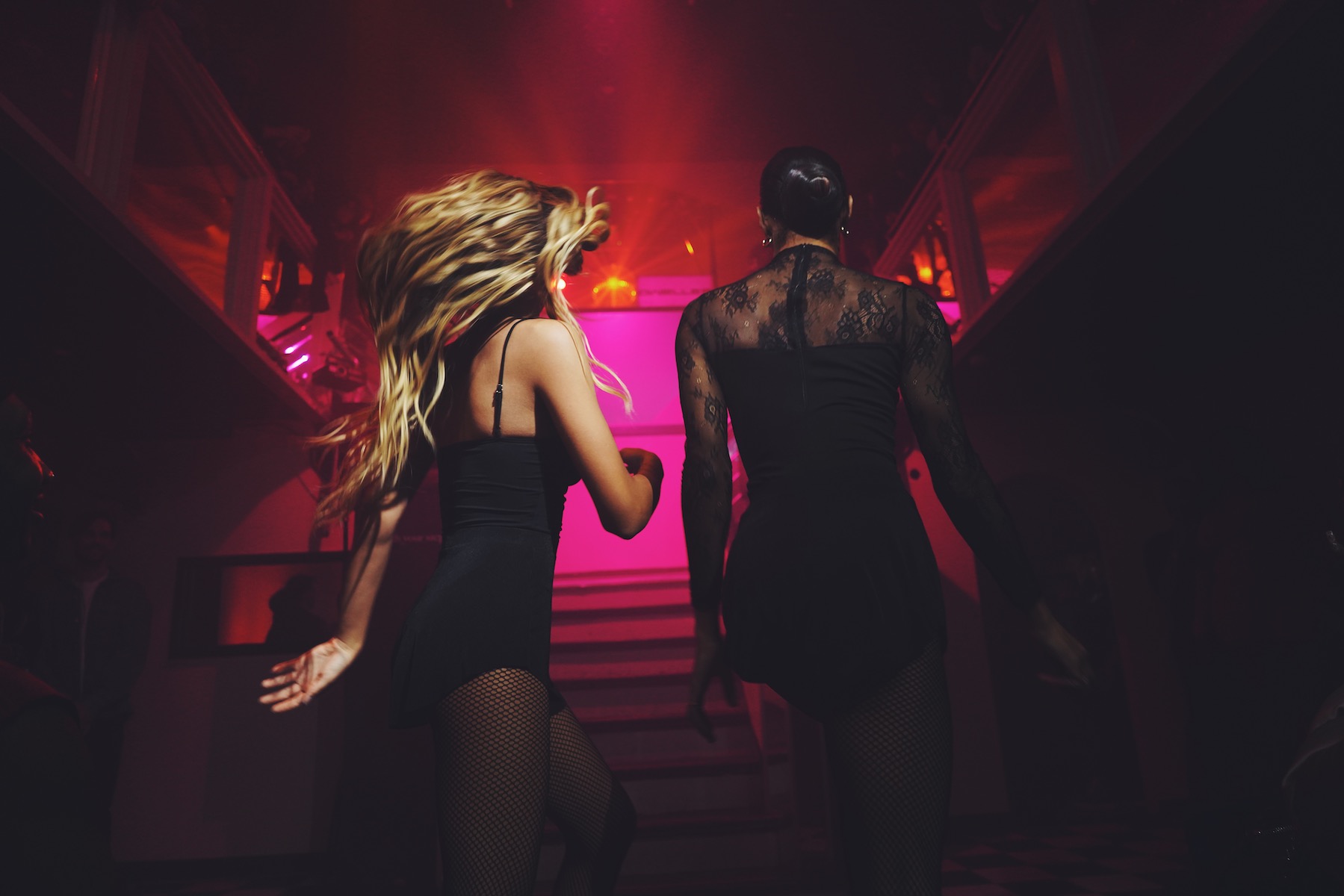
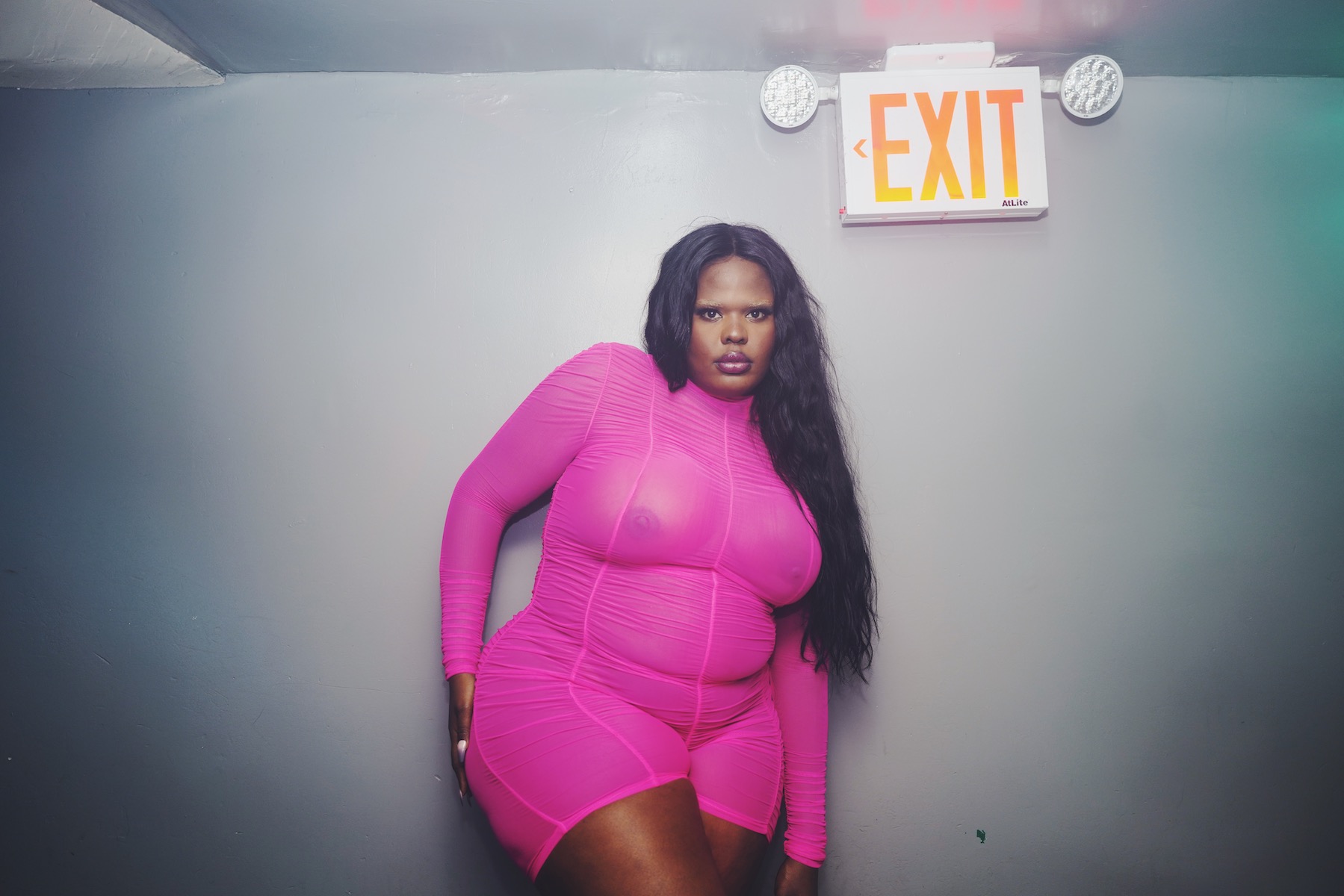
Back in October of 2023, Margarita debuted “Stupid But Cute But Sexy And A Little Mysterious,” a one-woman variety show that premiered at the club Paragon in Bushwick. Hutchinson came to see the show, and was so impacted by it that she asked Margarita to incorporate the performance into Dweller’s programming. “Dweller has had live music before, but I think this is the first of its kind,” Margarita says. “So I wanted to really do it justice. And each show is different, so I wanted to conceptualize something completely different and exciting.”
Margarita and I spoke a few days before her performance on February 23rd, and she let me in on the secret before anyone else. “Even though it's been advertised as a one woman show, it’s not going to be,” she divulges. “I have a bunch of my girls coming out and we're gonna sing, we're gonna dance, we're gonna do lip sync, we’re gonna do burlesque — and nobody at Dweller knows anything about this.”
“Thinking about what Dweller means to me, of course immediately I thought, I can't do this alone,” Margarita explains. “I want to lift Black trans voices and Black trans talent. It's just gonna be a gag moment, because I couldn't really see it any other way than sharing the stage with my sisters, celebrating each other within that tradition of Dweller.” Fellow multi hyphenate artists and performers Star Amerasu, Zenobia, Gia Love, Rahrah Gabor, and Ms. Z Tye joined Margarita on stage.
Roxanne Harris, who plays her sets under the name ALSOKNOWNASROX, is an artist, curator, and educator who uses computer programming as an outlet for creative expression. Her practice combines her coding skills with her knowledge of musical composition and arrangement to create music that plays as Harris types out lines of code in real time. “You can actually code in a way that's not just trying to get that job and get that check,” she explains. “It can be used as an art form. It can be used as a way to express yourself, and break those barriers and demystify some of those processes.”
“Code just works for me,” she continues. “Because I know how to personalize it to myself to be able to make the music that I like. And the best part is that I can show people how my brain works too.” This year, Harris played Dweller's opening ceremony, with her code projected live on the walls of MoMA PS1 as she typed.
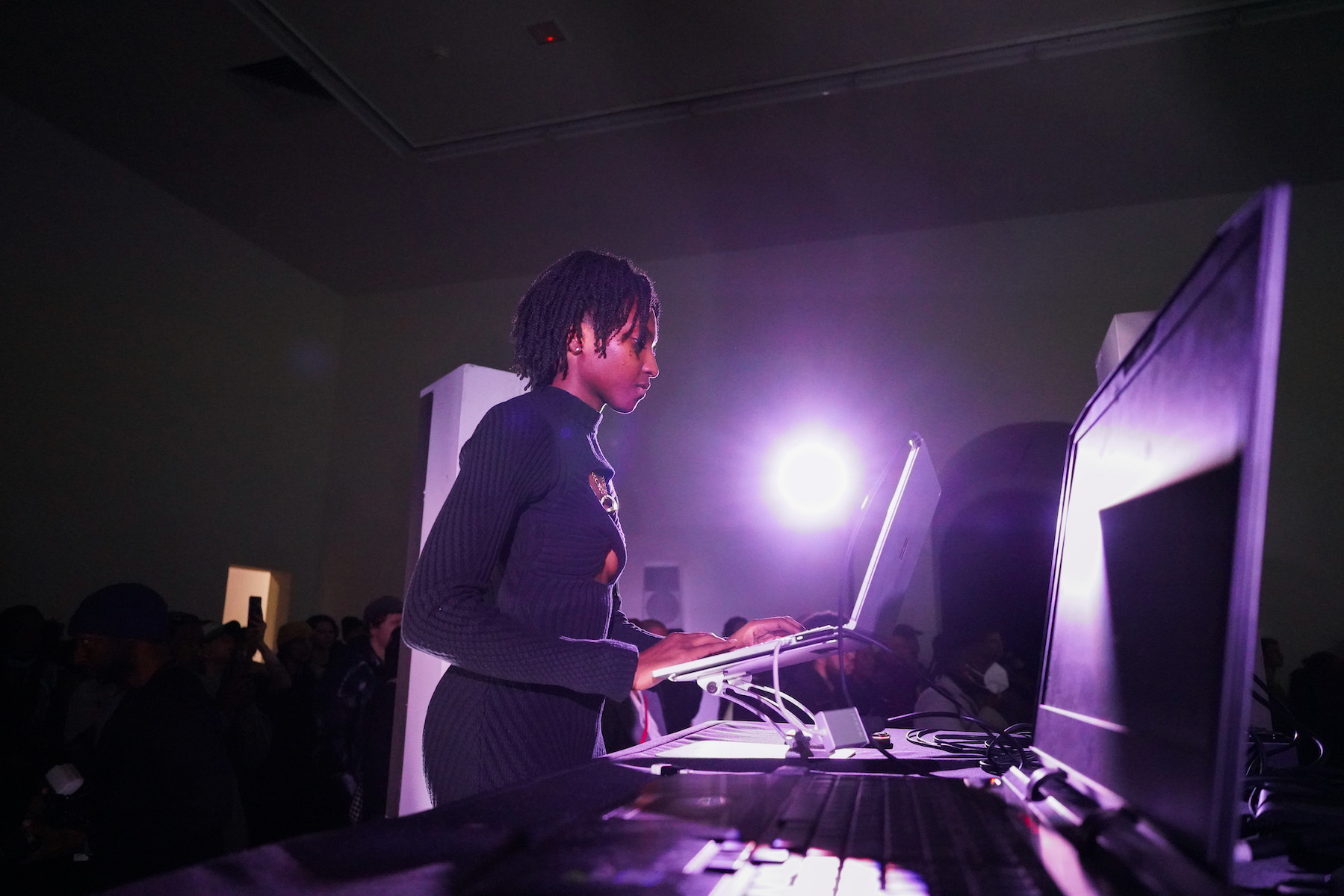

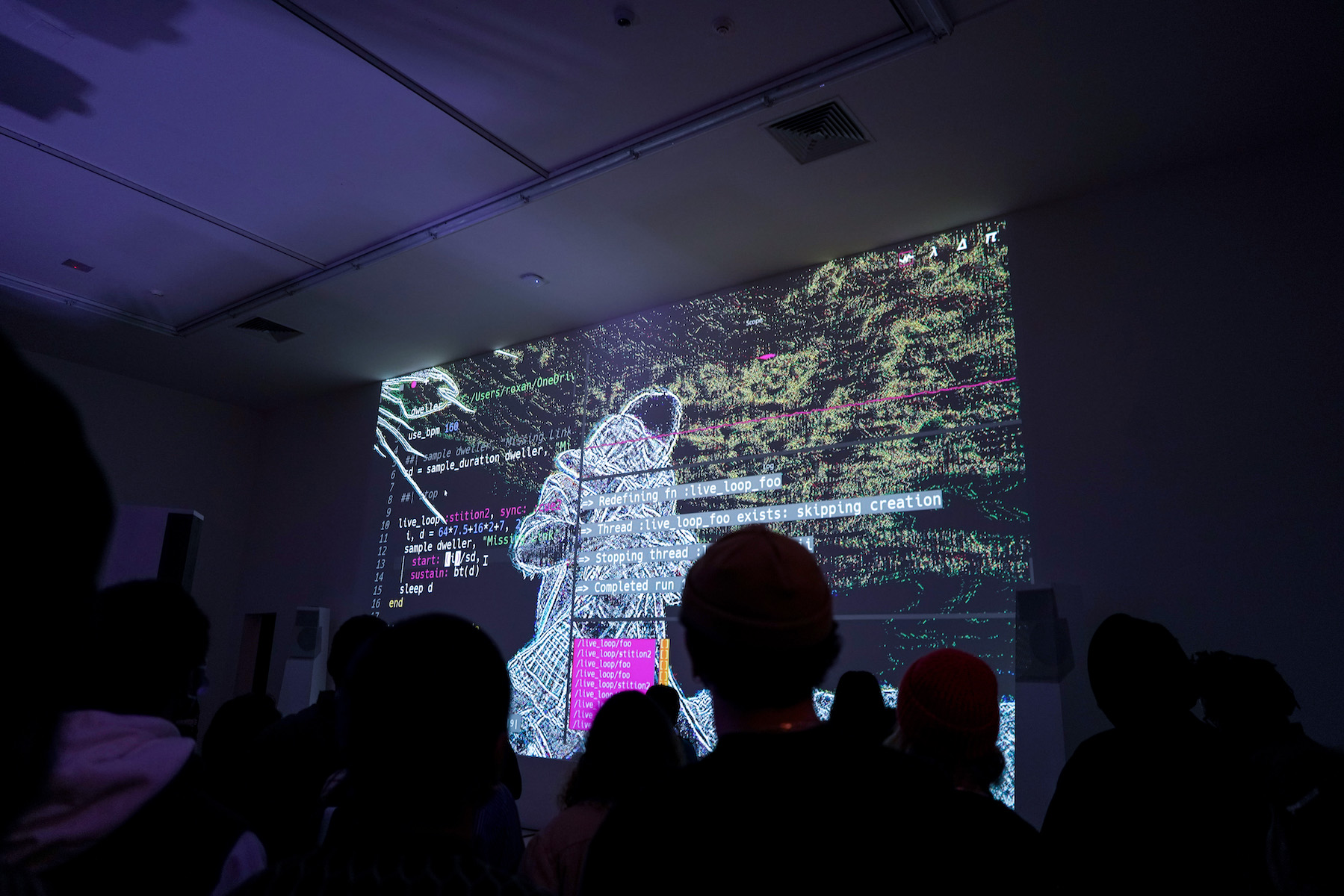
“People can see you think and see what you're processing and even the text that is being used to make the music. I think that's pretty unique about the practice.” Dweller is a comforting reprieve from the typically overwhelmingly white demographics and stiff cultures of the kinds of institutions that typically celebrate coding innovations. “Dweller, it is just such a different energy,” Harris says. “To have people who are so supportive and so enthusiastic and so excited, who are willing to express, to move, to smile, to connect. Stagnancy is not a thing when it comes to Dweller.”
Harris was invited to play her first Dweller in 2023, at the education night held at Nowadays, within just a year of graduating from college. “I thought to myself, I must be mad blessed that at this early stage in my career, my practice is so exciting to folks that Dweller would want to give me that platform,” she says. “It’s like people say: Dweller is a portal.”
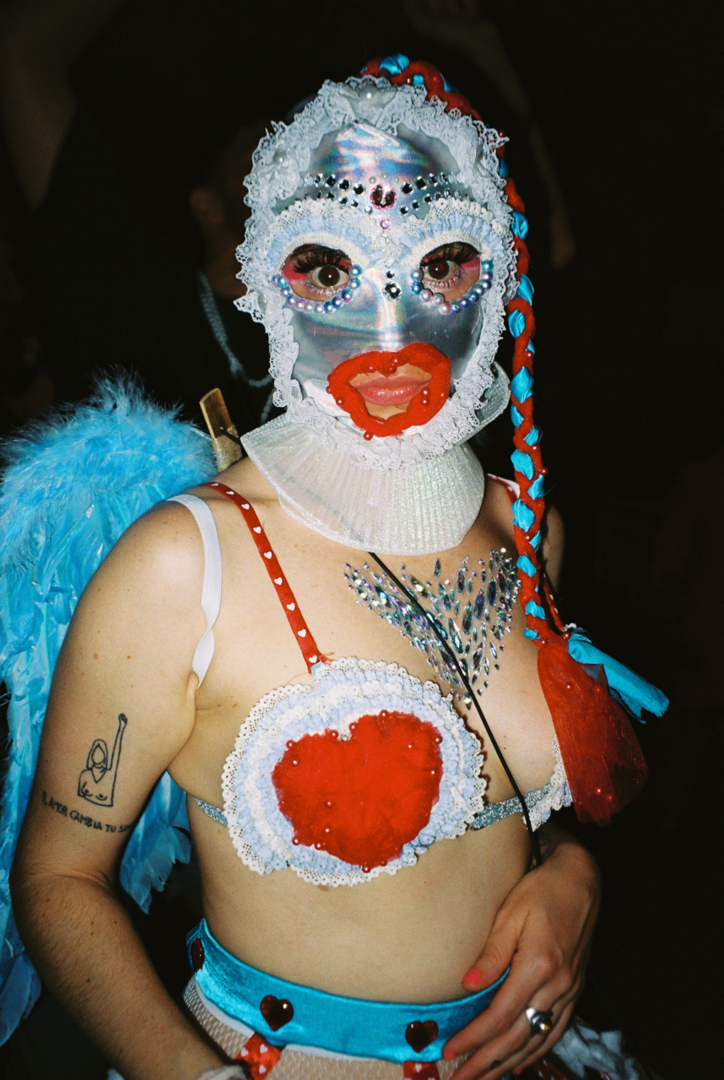
Through exploring substances as products of our own inner worlds, we each gain something — whether it be an reframing of what it means to escape, or an escape that leads to self-actualization. When we see drugs in art, often they're portrayed as signifiers of a greater cultural decline. What is deemed "morally forbidden" in society is often the characteristic of great art. There’s a certain rawness that allows us to connect to these artists in secret. Are vices merely a byproduct of art? Or are they a portal into art itself? In a small coastal city in Northwestern Spain, Galicia, photographer Alba Robbins brings the myths and folklore-like tales surrounding the island into fruition. After heartbreak, or what she deems a personal love crisis, she turned her rumination into capturing the ugly, rejects, imperfections, and the people she photographs who she calls her ‘Gods.’ Robbins doesn't want to patronize or galmorize her surroundings, but instead wants to "make the invisible visible," while capturing a freedom that everyone craves yet never allows themselves to possess.
Why do you call your subjects ‘Gods’?
I call them gods because when you choose someone among people you somehow make him your role model, your god, unconsciously and honestly. It’s not a random election. I choose my gods and photograph them, they represent a part of me and what I want to become as a person. I’ve always seen photography as a narcissistic passion.
Are you a spiritual person?
For sure!
Did taking these photos connect you to a higher sense of being, ie God, universe, high power, etc, whatever you believe in?
I've never thought about it, it's possible! I feel that the more cool photographs I get, the more pieces of me are filling up, as if it were a trivial task that has to be completed to take the next step, it's strange I guess! When I press the button and take the photo at the exact moment, it's like touching the sky.
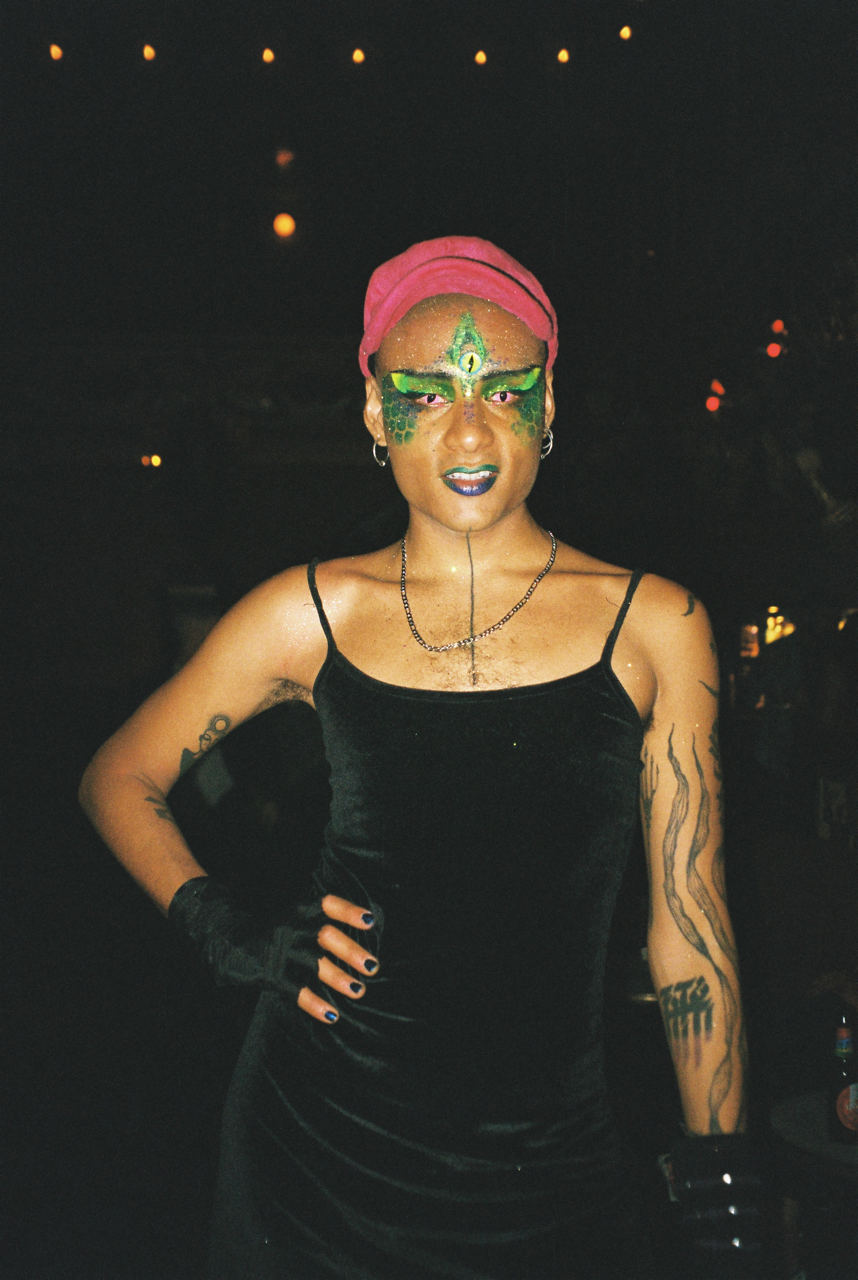
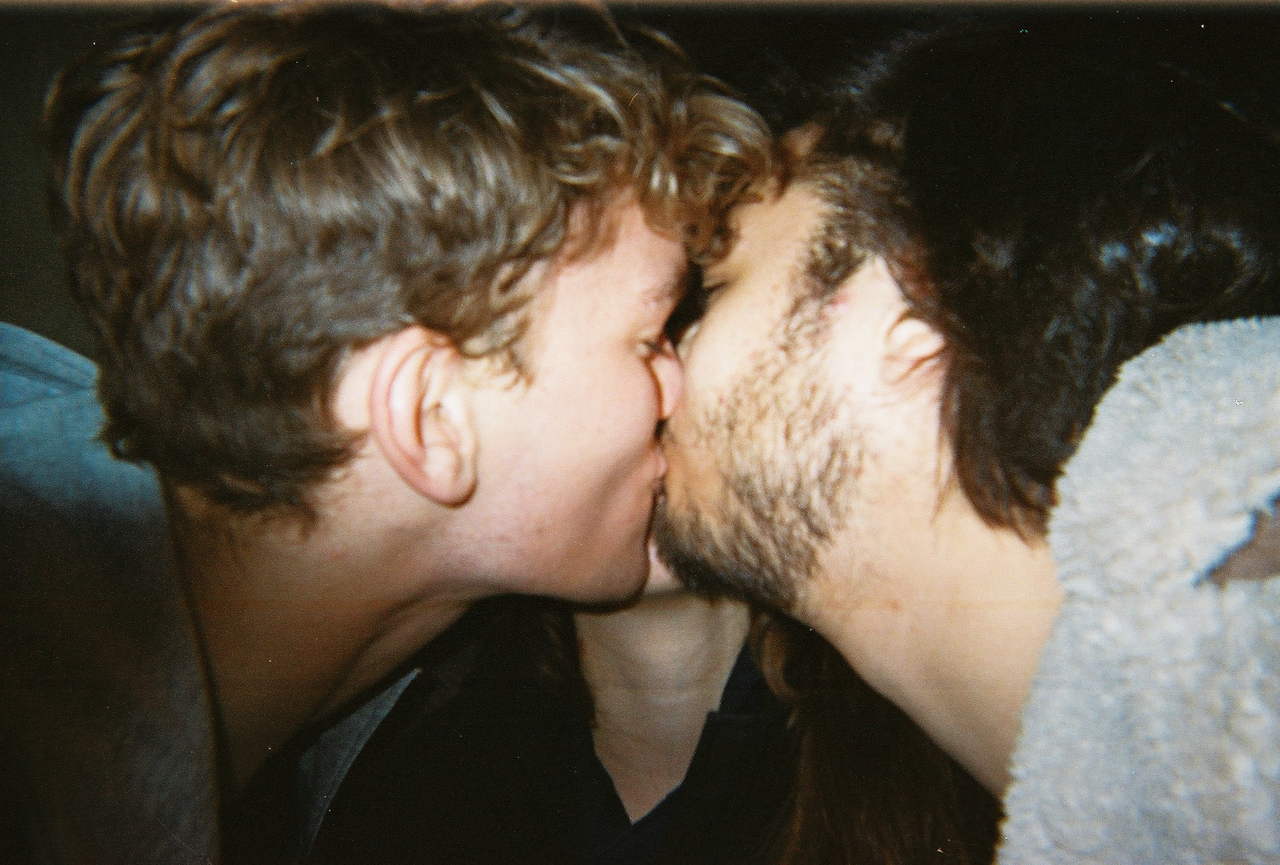
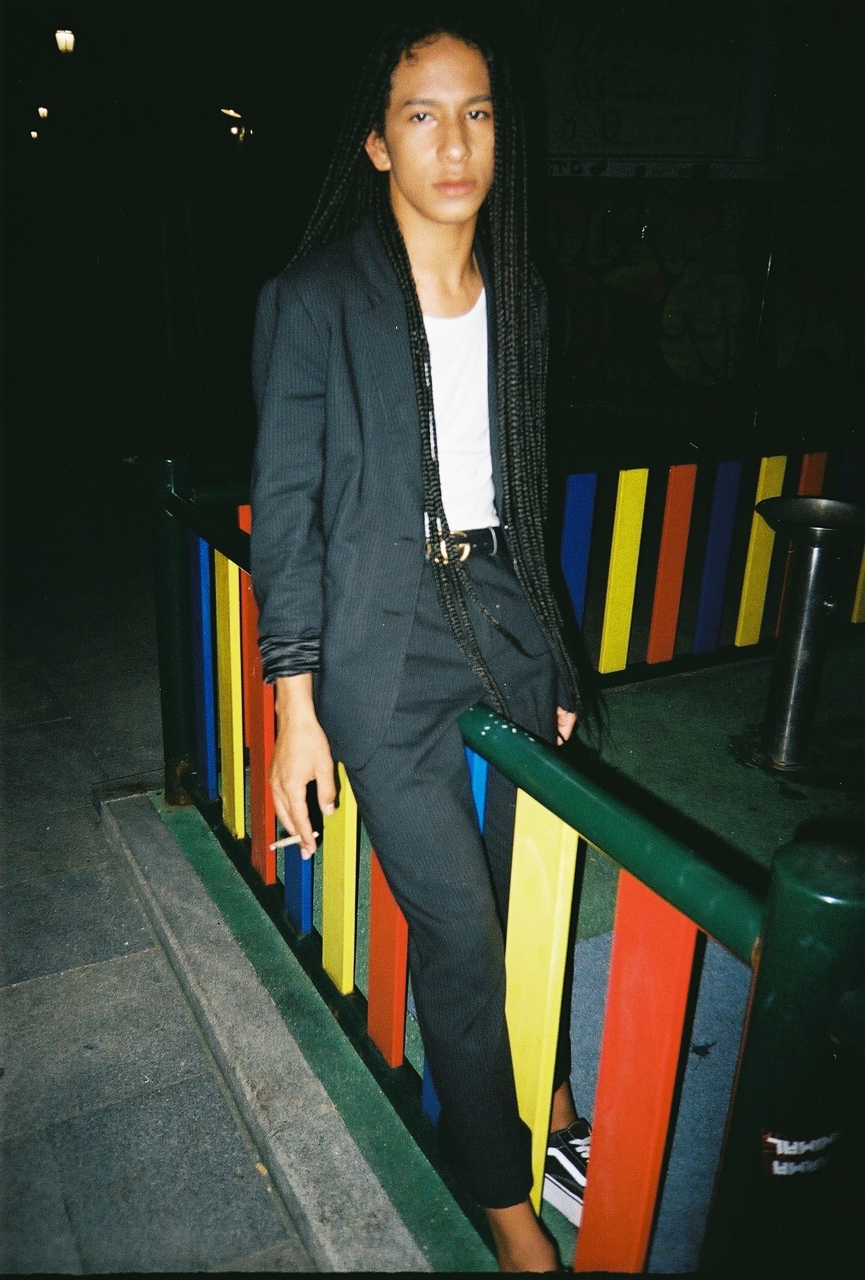
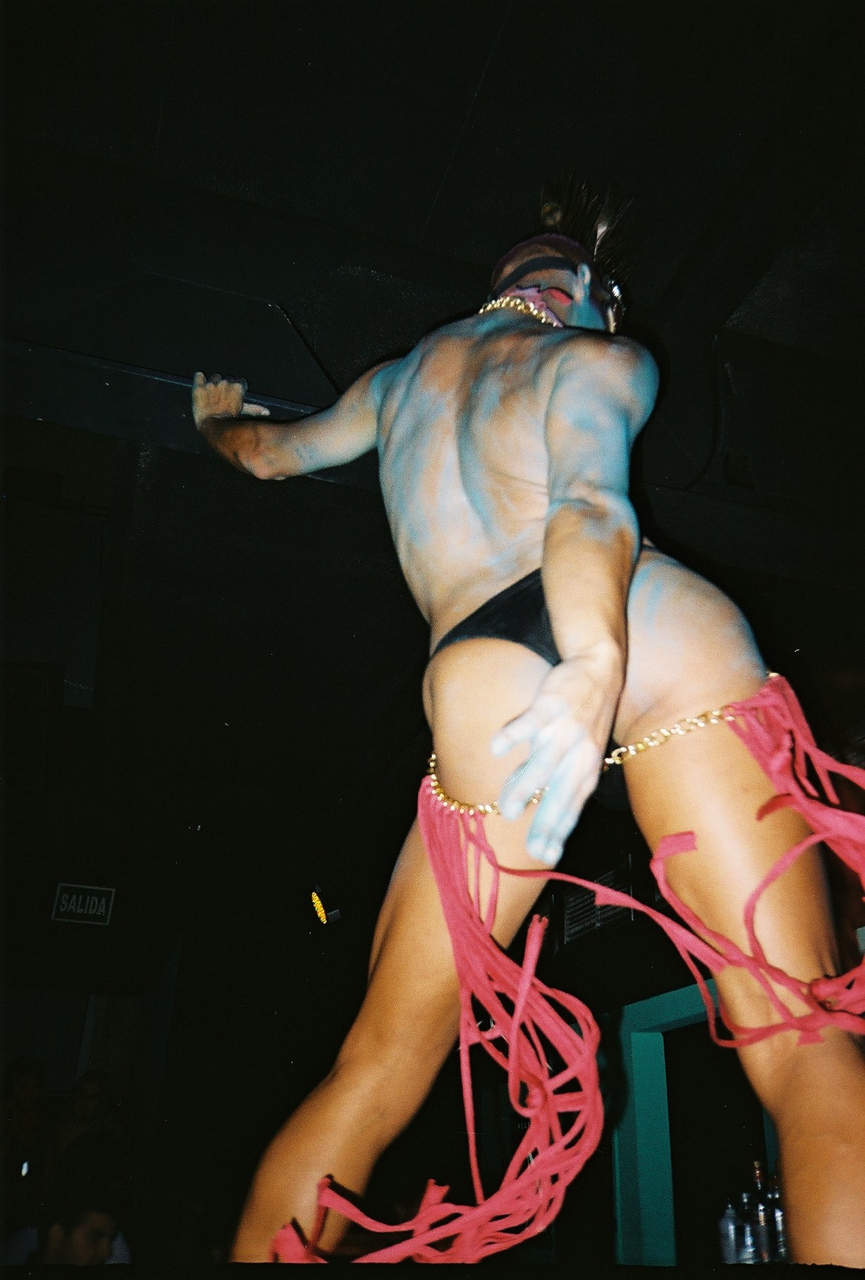
As she became comfortable with the camera, her work began to gain recognition. She took photos at parties in Galicia, met the characters of her art, traveled, spent time with her friends, and documented her surroundings. In her words, it was ‘a revolutionary act’ to push past the fear of rejection or failure stemming from her adolescent years, and allow herself to be alive for the moment and in the moment.
Robbins covered the mysticism of Galicia, the village festivals and town parties, sometimes lasting a weeklong. She partook in the rituals and traditions where censorship remains low. The area is disconnected from the rest of Spain, allowing drug use to remain steady and the environment to be forgiving. Attributing her Galician roots to her coming of age and confidence to come out, these photos also represent a time of heartbreak and loss, notably after suicide of a close friend due to the paranoia from drugs. The shock and aftermath reminded her that her life is changing and in one moment everything could be different. Instead of living a life that appeased others, these photos were her first artistic venture of individuality and setting herself free of the pressures of her family or overarching societal expectations. Her art became a practice of self actualization and to understand her own reality and what she was meant to do.
Just like the constellations in the sky connecting to form a particular shape, Robbin’s experiences also mimic a trail leading her to a bigger picture of her own existence. She said something that stuck with me discussing the focus of her work, “ I seek to harmonize the people who somehow live in society, but do not have those rights that the individual is promised as legitimate.”
Can you expand on the last part you just said?
“Your parents conceive you for a purpose alien to you. You’re born with an identity alien to you. You grow up and they tell you what to do, stupid things like not falling down playing in the park. You arrive at school and your classmates judge you by your socially accepted beauty, any outfit or hair you innocently wear. You have your first awkward and ephemeral heterosexual relationship because of the social pressure of not being the last virgin of your group of friends.
Suddenly you have to choose what to study for the rest of your life. You already feel the social pressure of choosing a career with job openings if you won’t be a failure. At the moment you are 20 years old , finally you study business administration and labor relations and you have not decided anything in your life, and neither have you felt comfortable just being who you are or who you want to be.
You get to 30 and you conceive of a purpose, your daughter is born with an identity and we start another meaningless life cycle, harmony does not exist.”
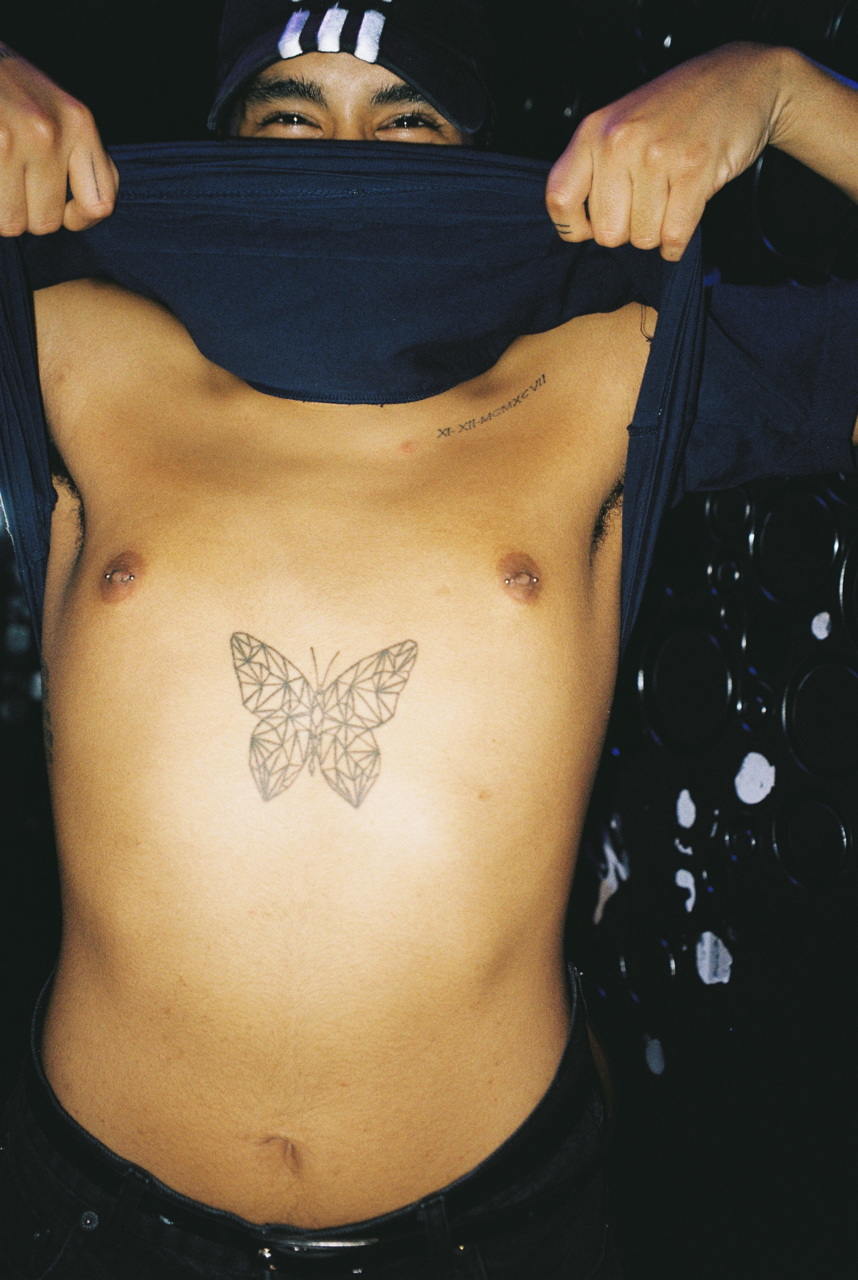
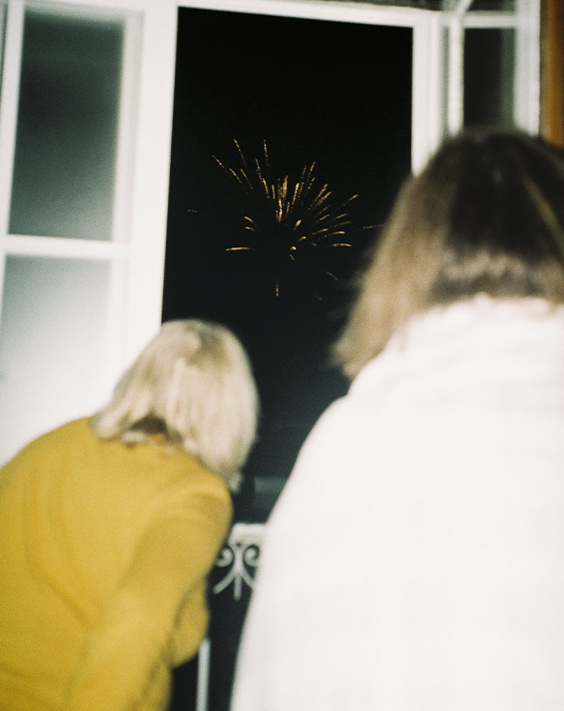
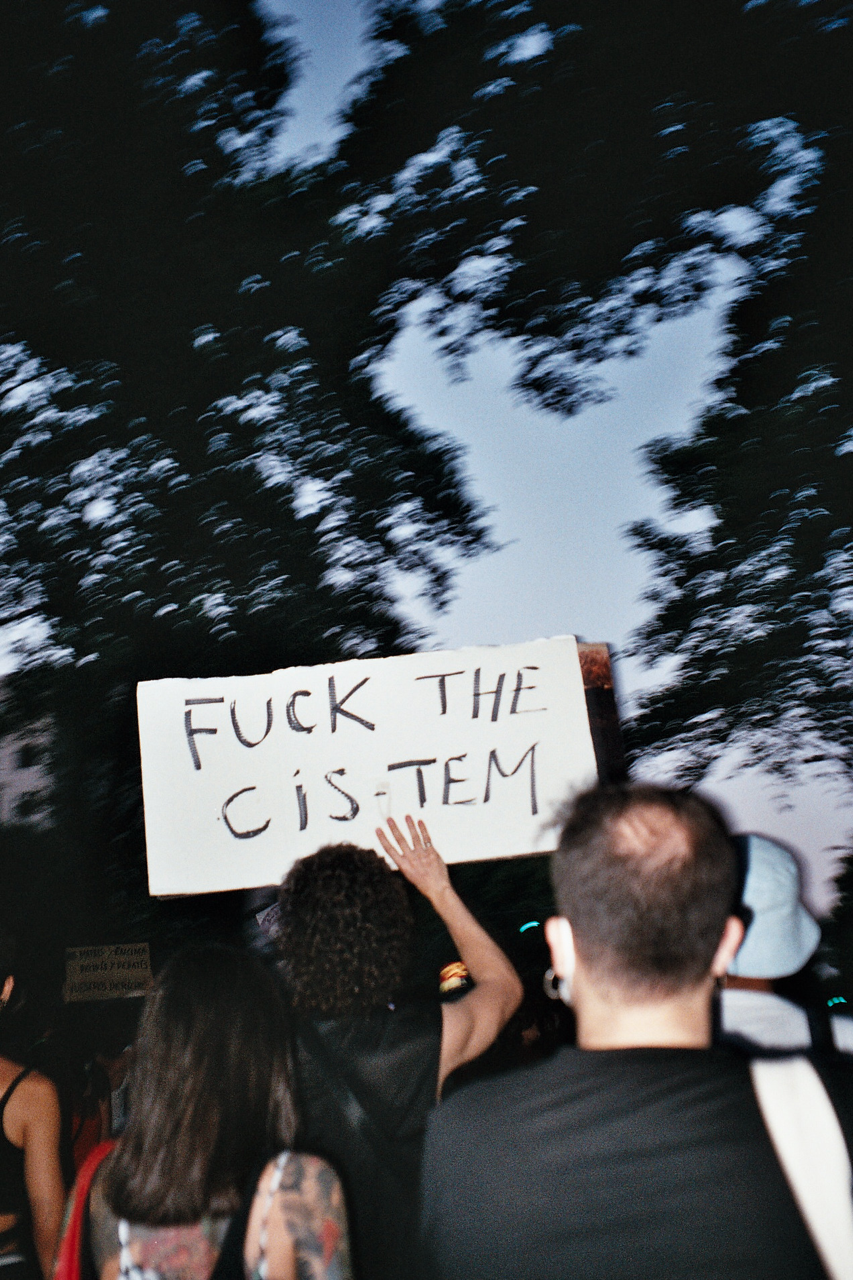


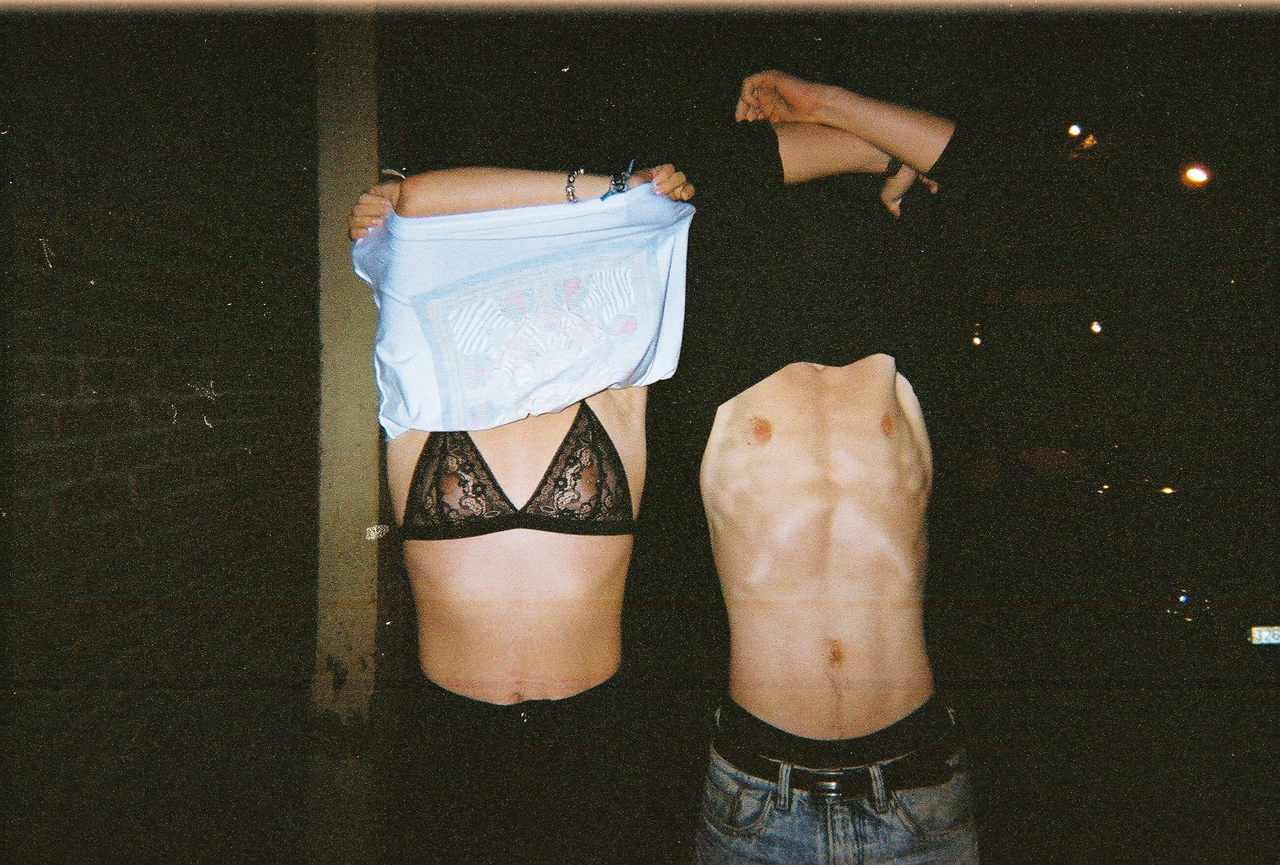
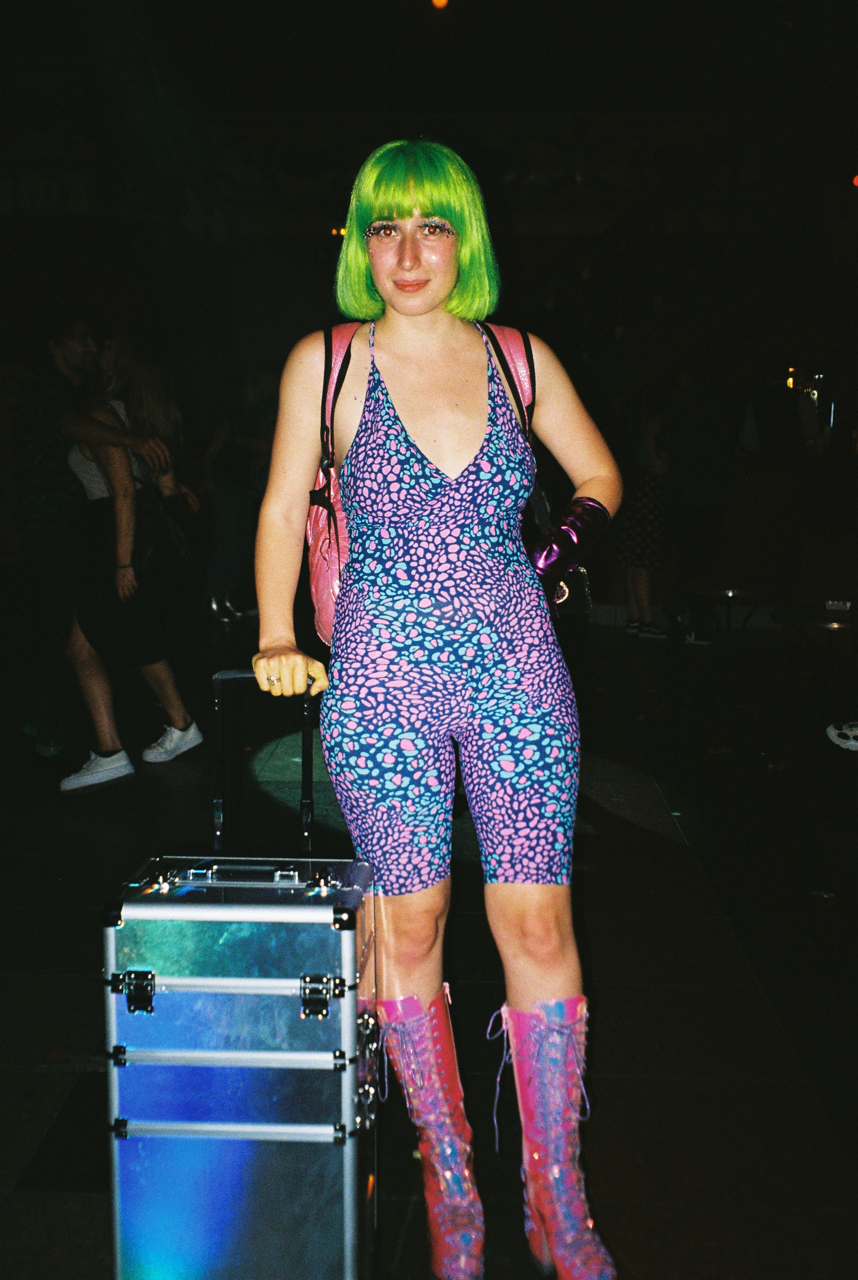
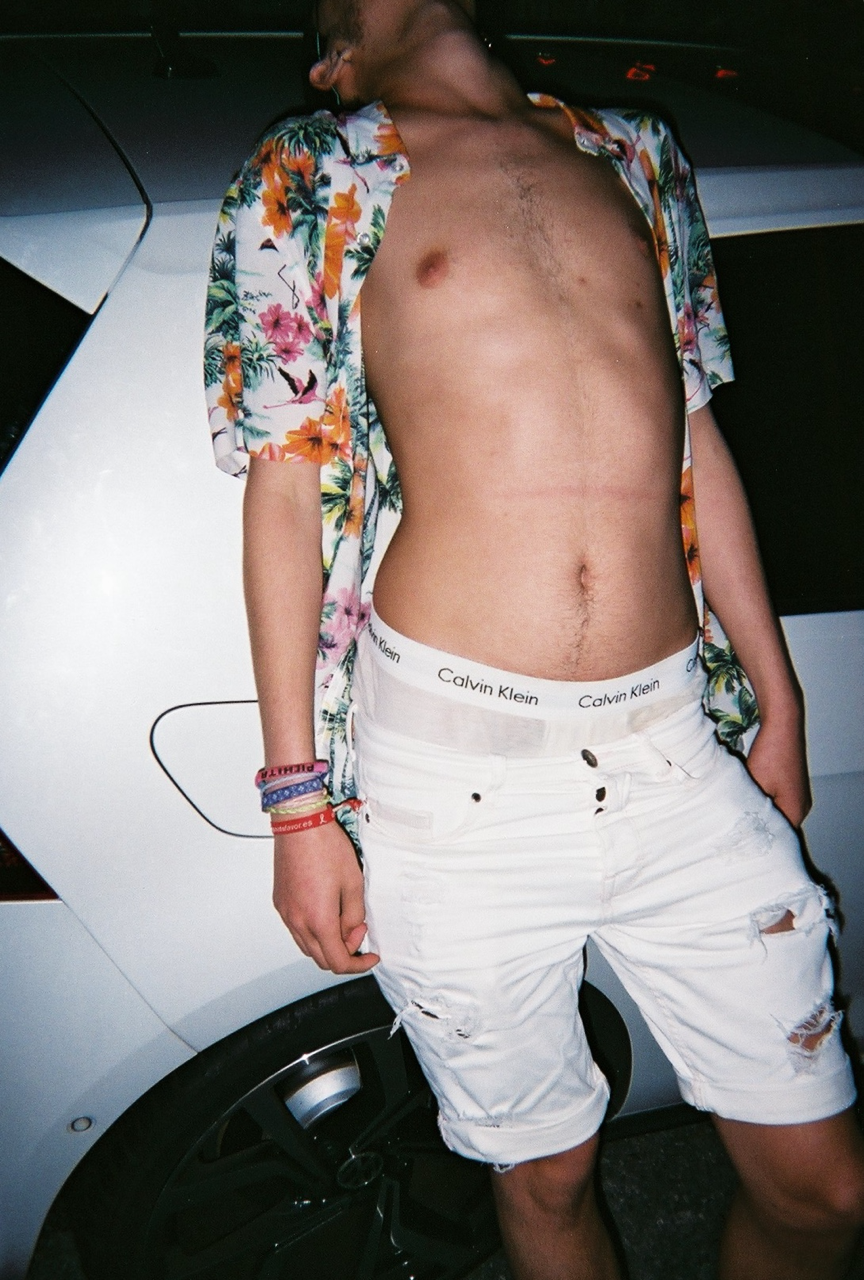
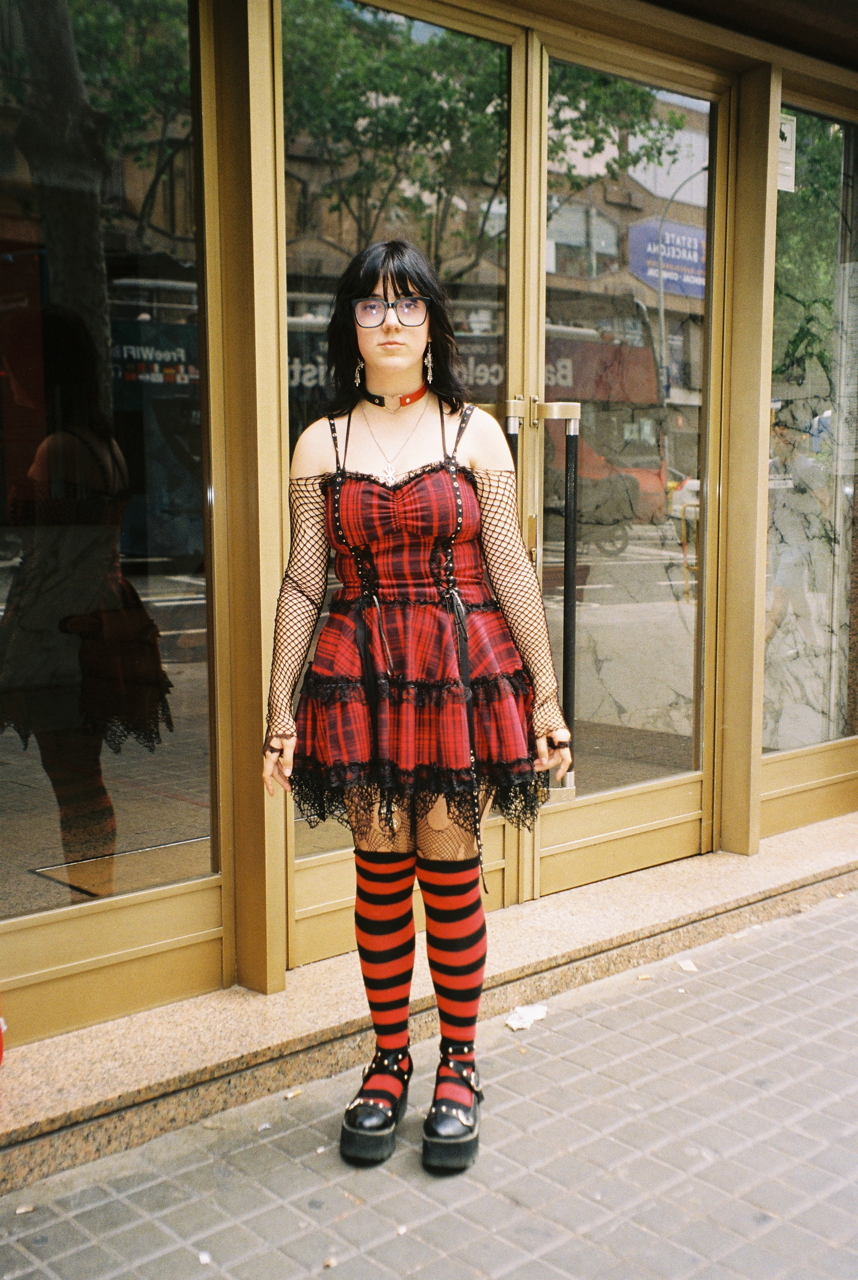
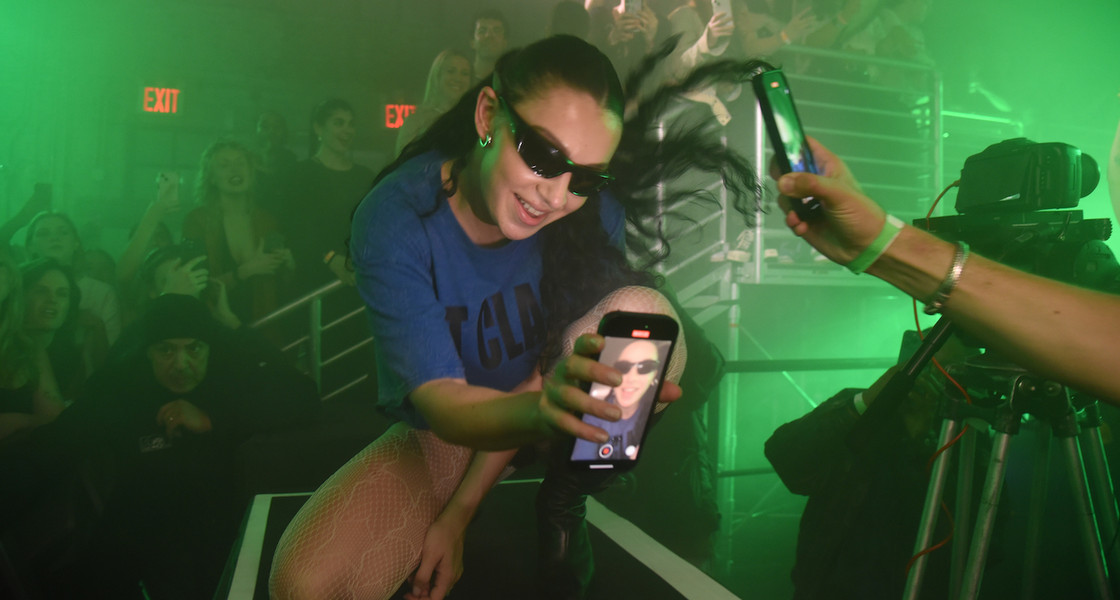
Atom Vegas— It was madness, literally like a cult worshipping a deity. She had so much aura and stage presence and didn’t touch a mic once. Seeing her live made me complete. Getting inside was like a video game with different levels and seeing Charli play was the final boss.
Dominic Polsinelli— It was exactly what you'd expect — a mix of Bushwick twinks, industry standards, and nightlife fixtures. There was definitely a desperation from everyone trying to get in but I think the air of exclusivity was a facade more than anything. My favorite moment was when Charli pressed play on Vroom Vroom and kept scratching back her CDJ before the verse hit, everyone was so ready to pop off.
Nicolaia Rips— I wish I could’ve shaken ass more but I was on the clock for Gentleman’s Quarterly. I love you Charliiiii.
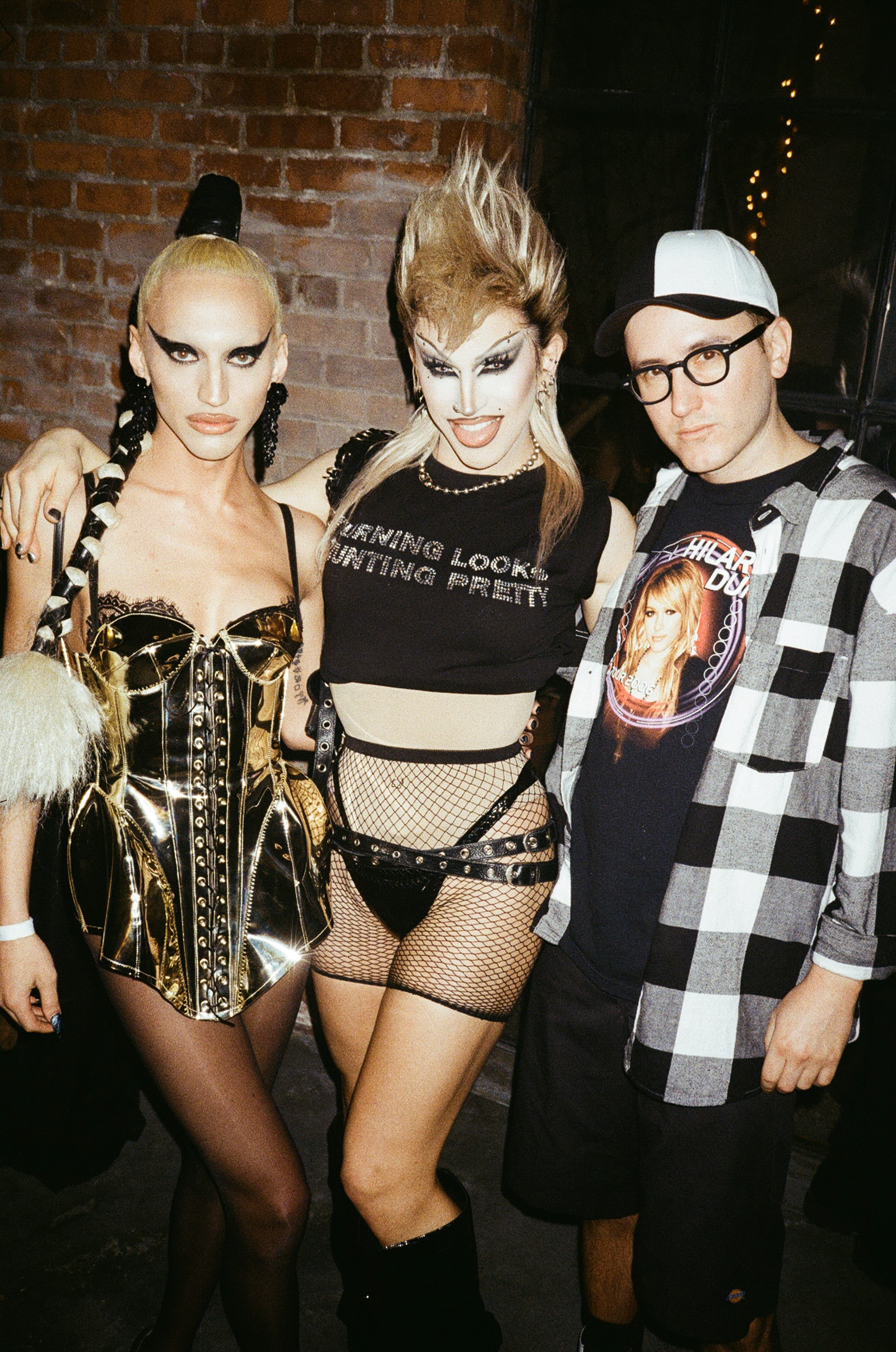
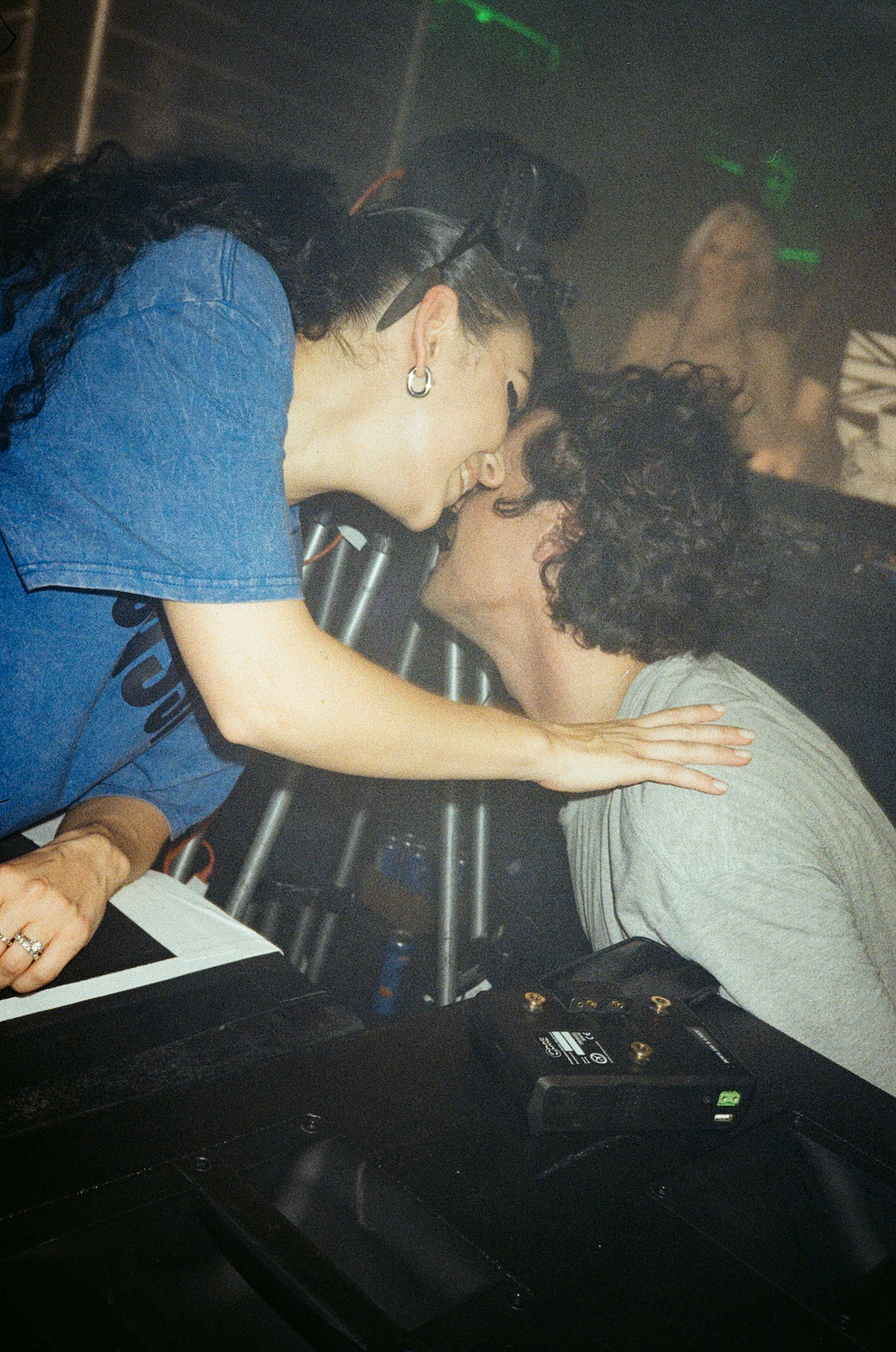
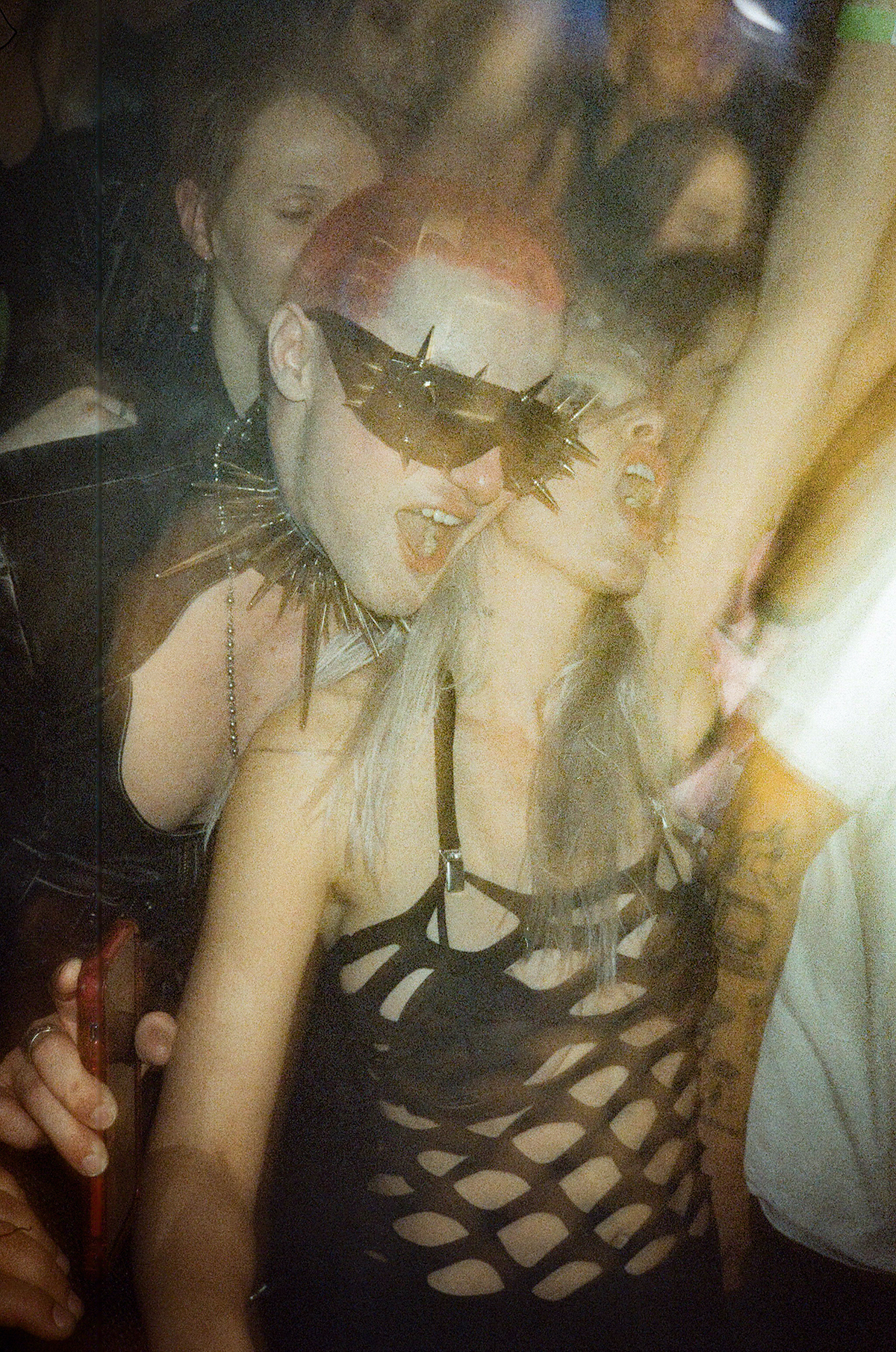
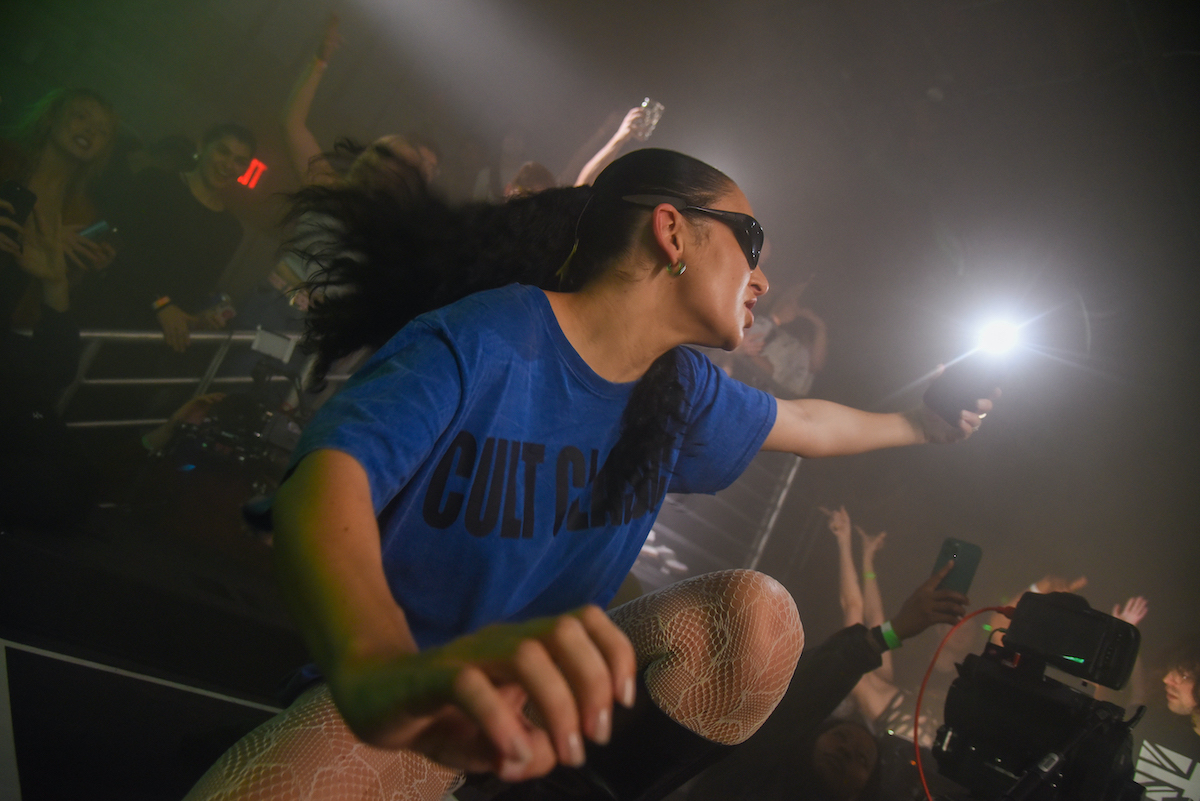
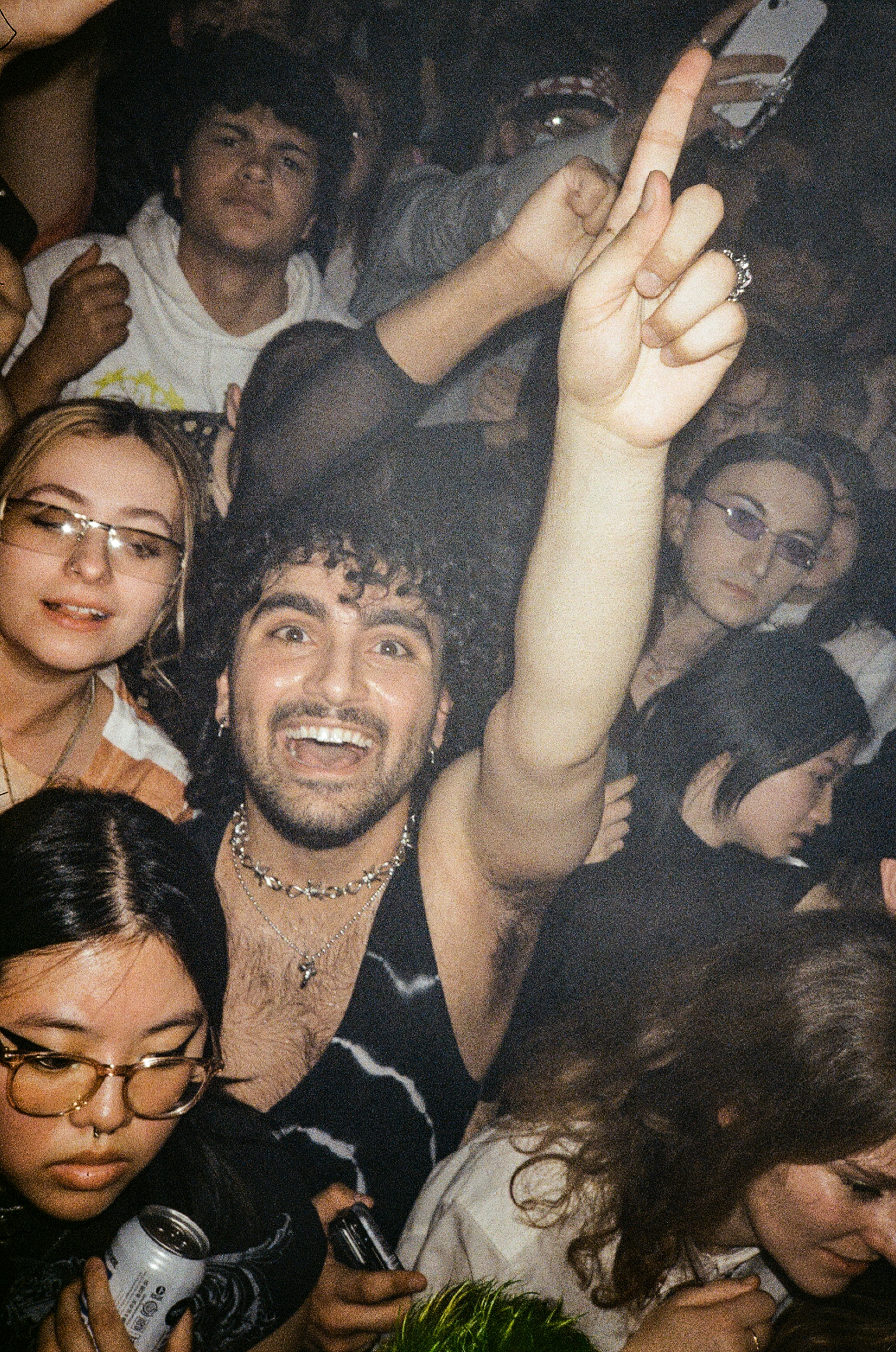
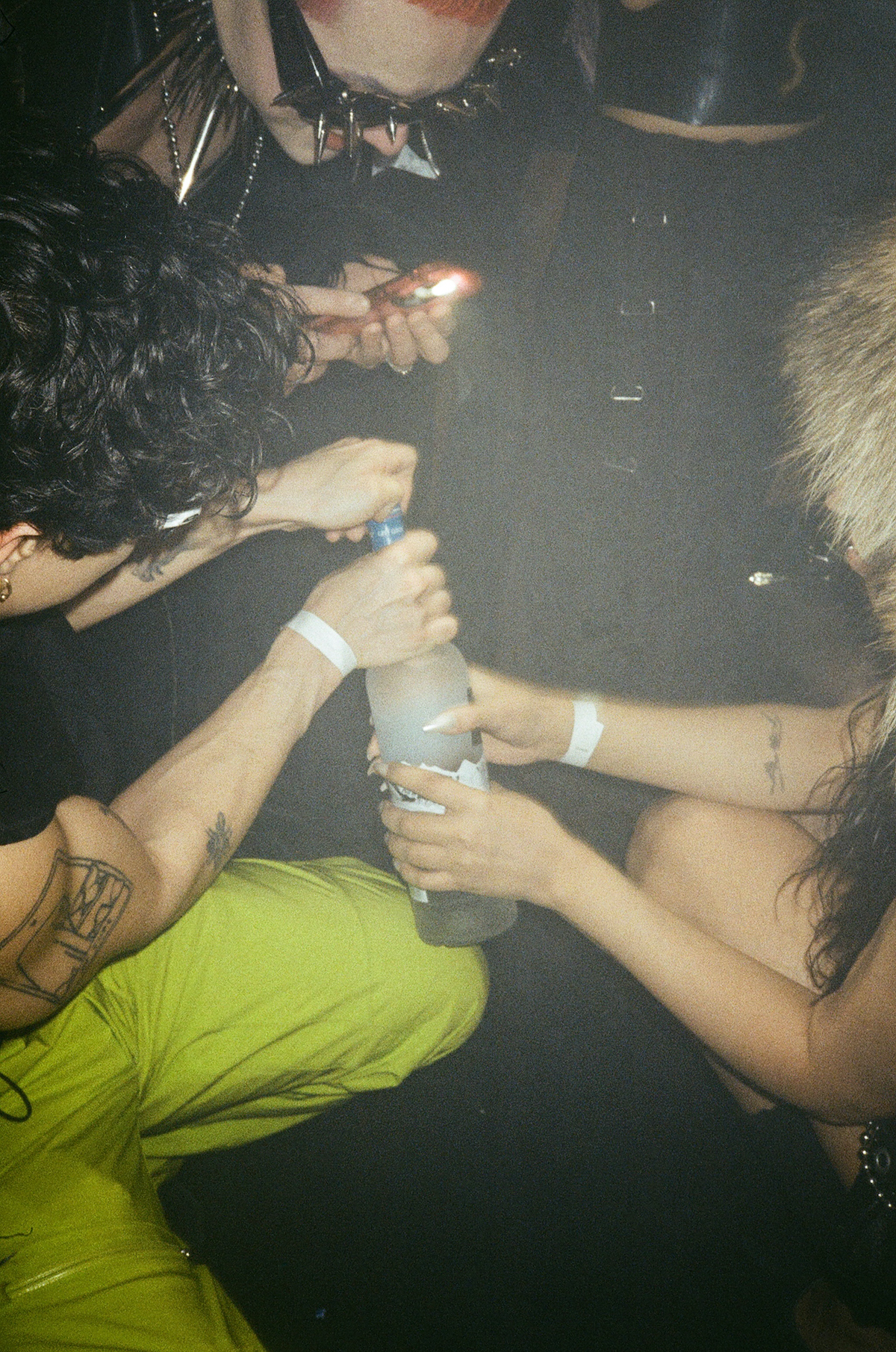

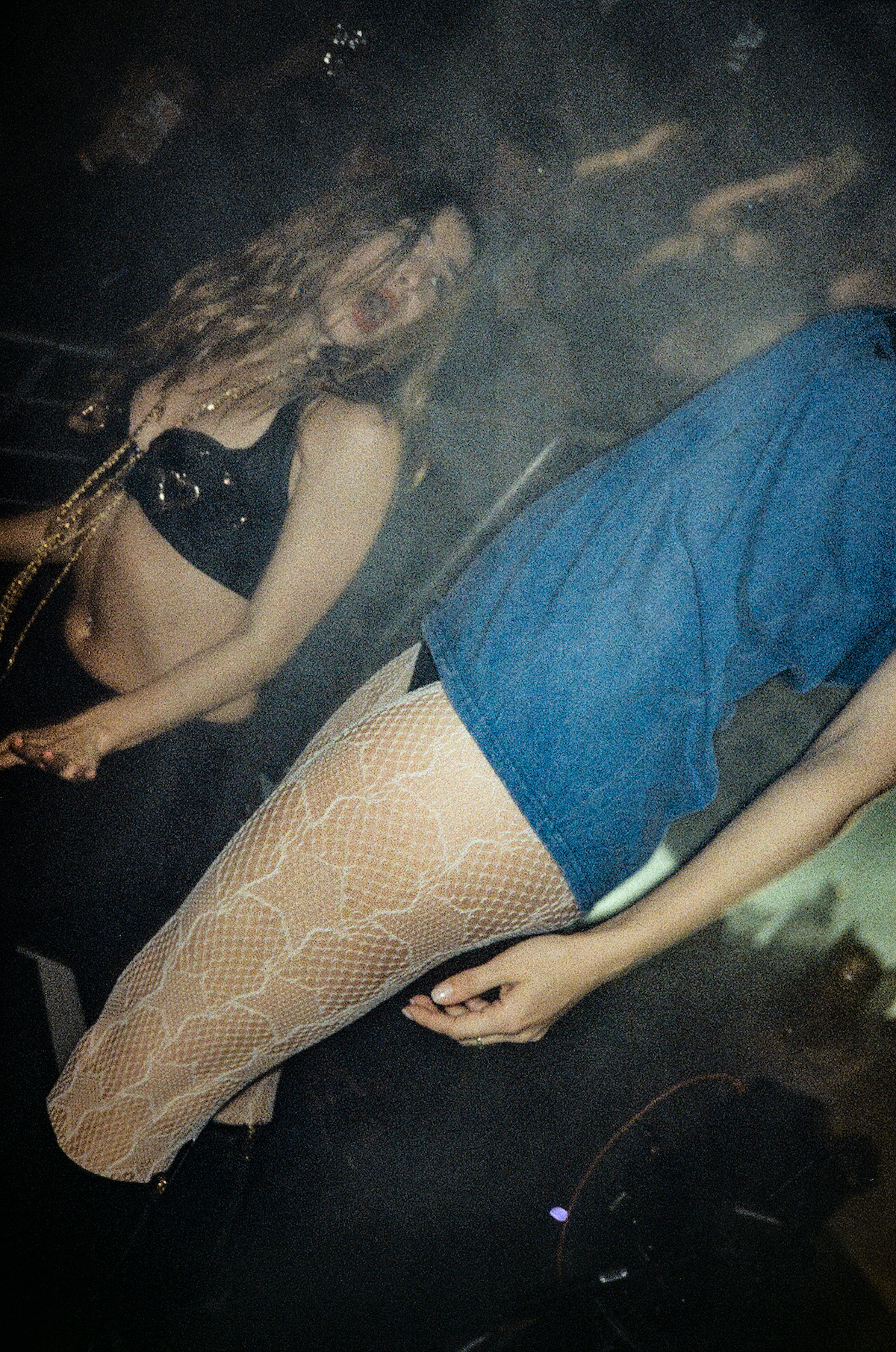
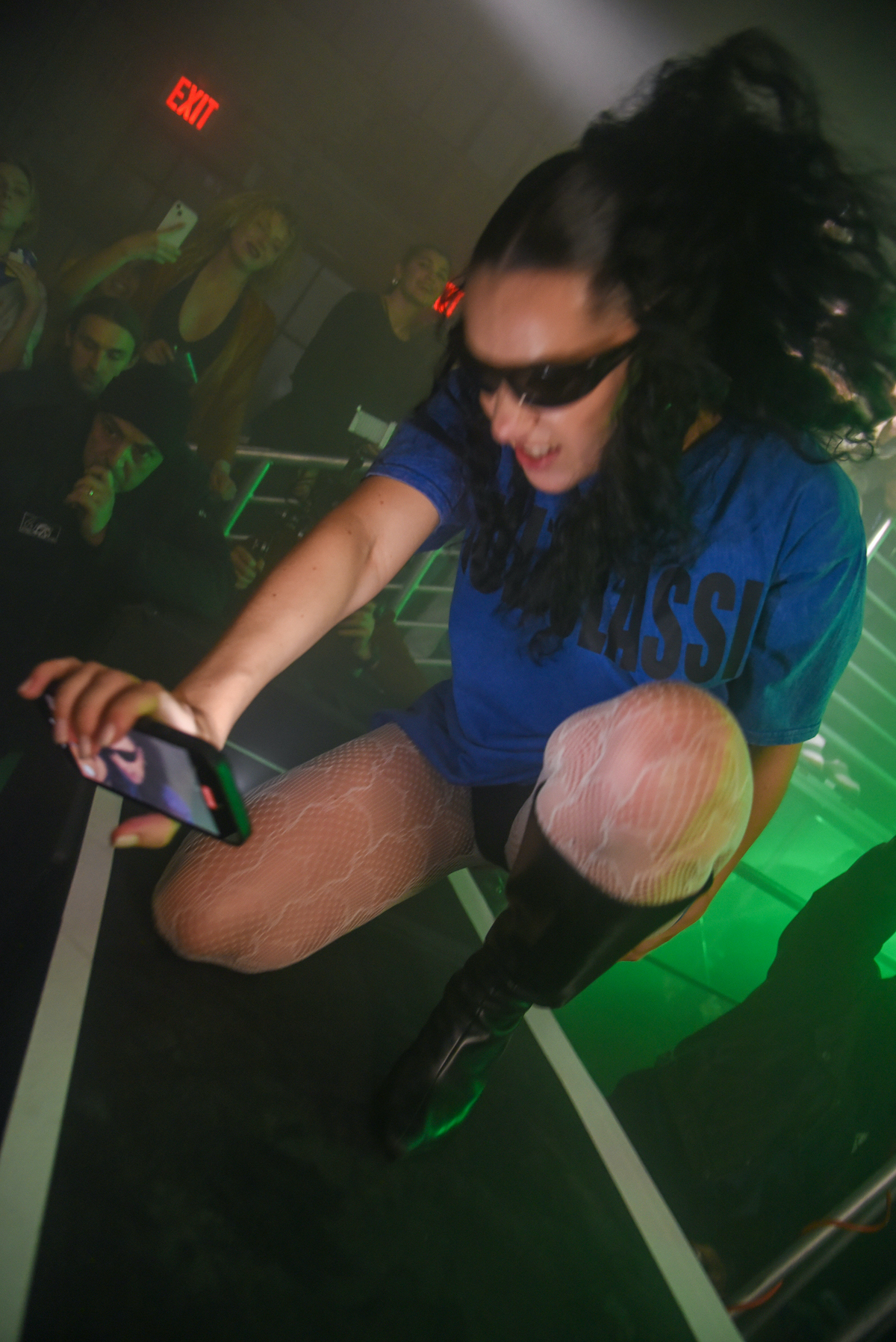
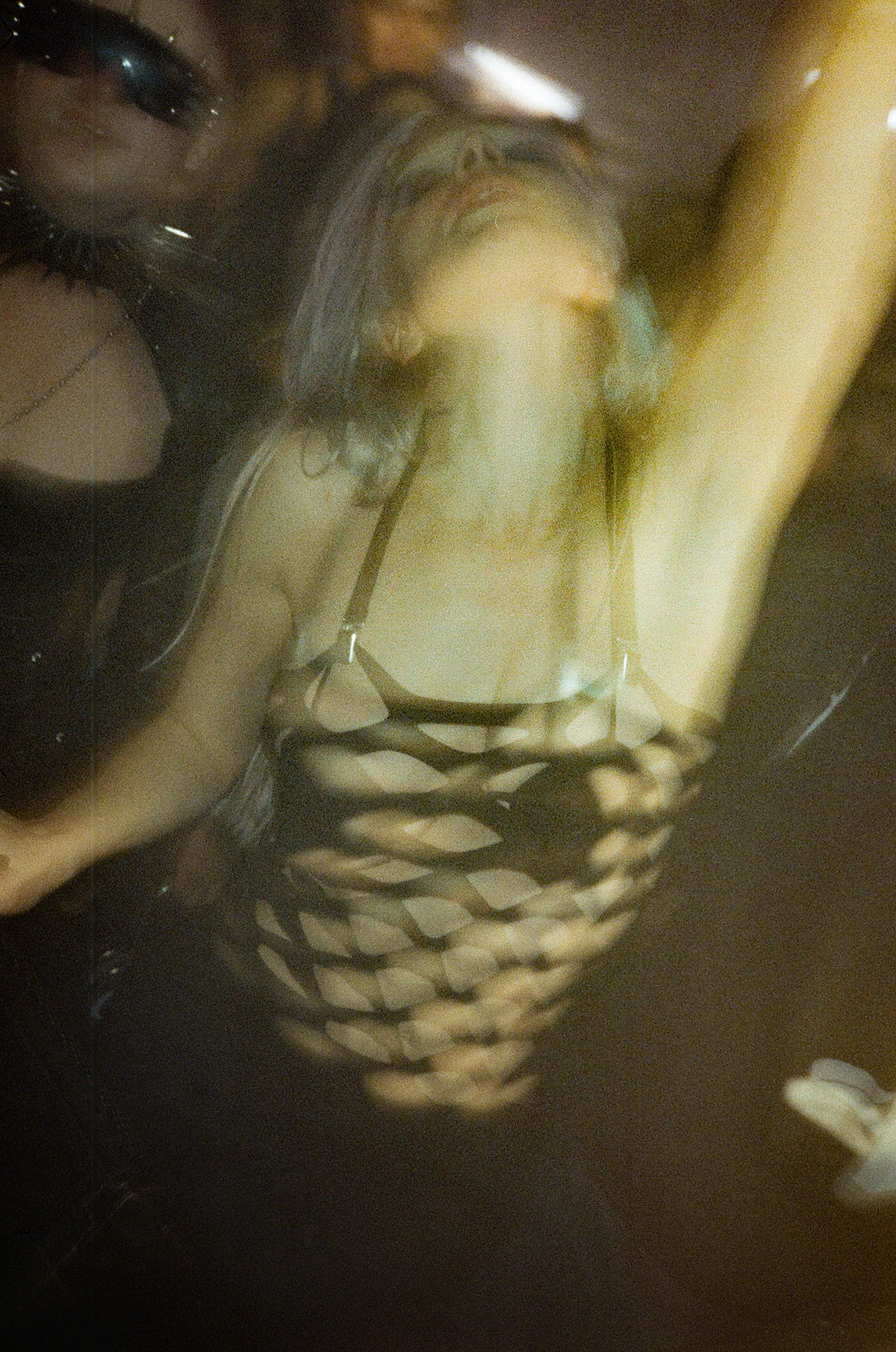
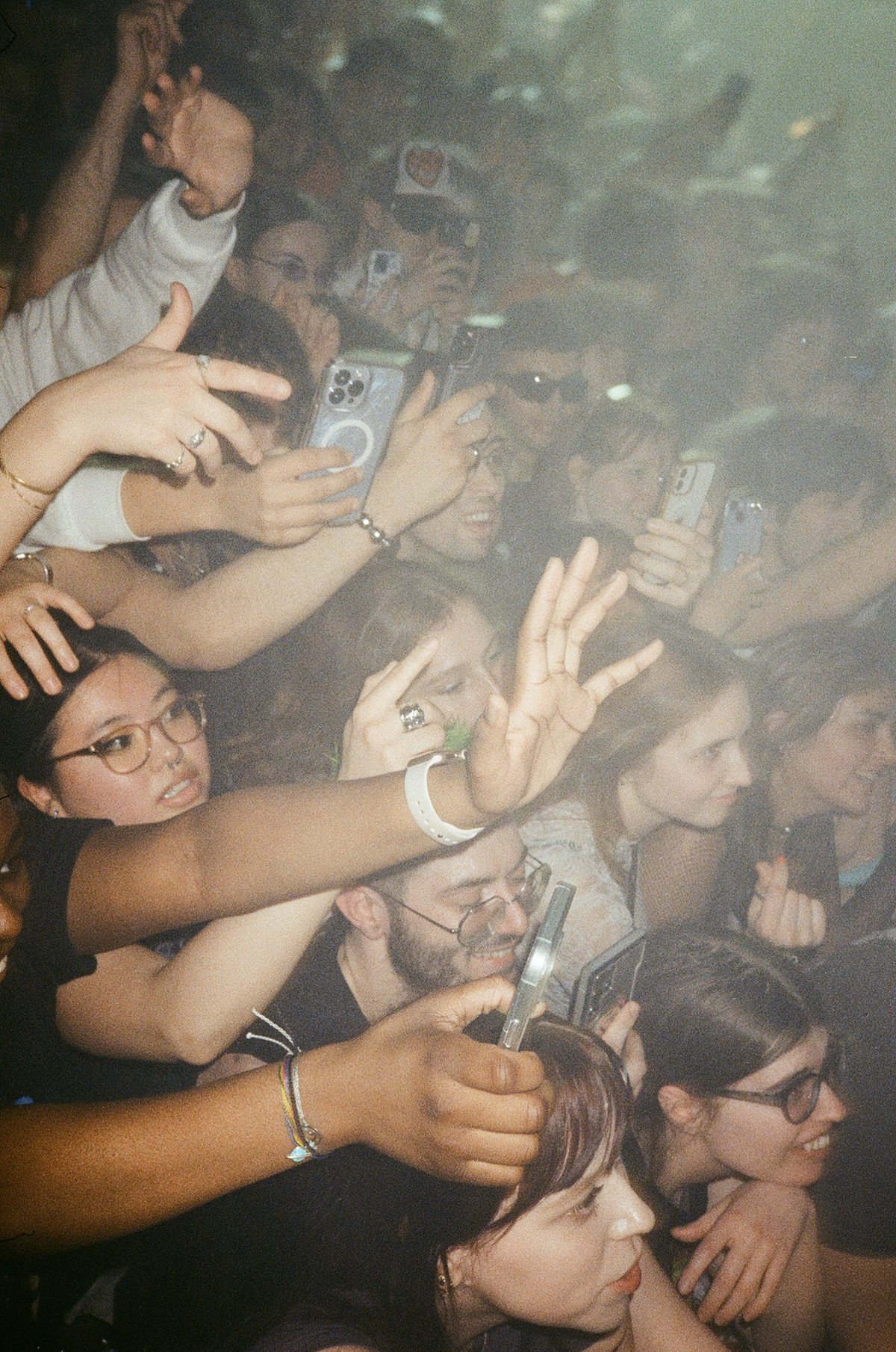

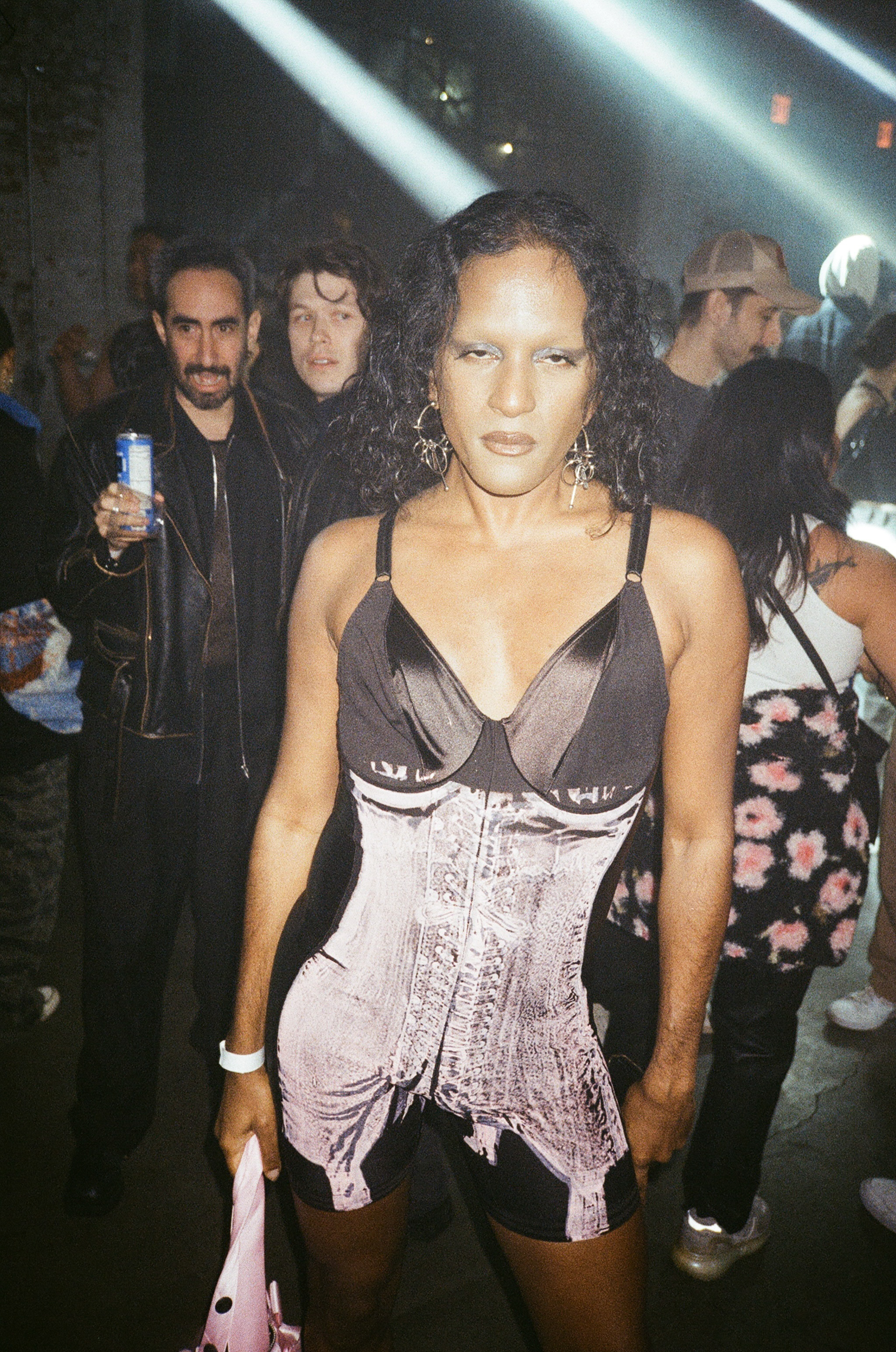
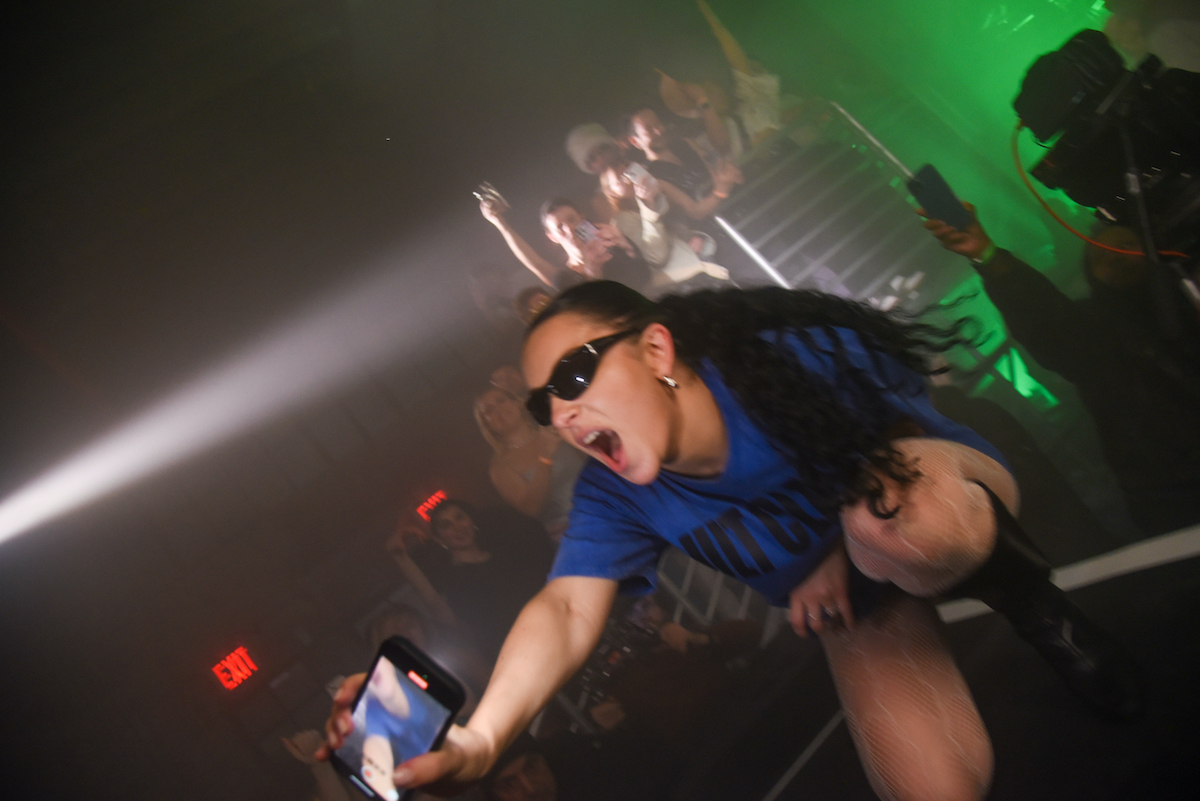
Clara Perlmutter— I got there early — probably first 20 people in — and staked out the part of VIP with the best view and didn’t leave my spot all night, so I was kind of unbothered and away from the chaos. A lot of people densely packed together, writing and dancing, trying to get Charli to take their phones. I braved this party sober because of my antibiotics. And YES my ears did hurt.
Matt Weinberger— Sweat, love, and tears of joy filled the room! It was an epic night! This is why I love what we do! This is history! This is culture!
Matthew Danger Lippman— Elvis, the green room bartender, was a very chill guy.
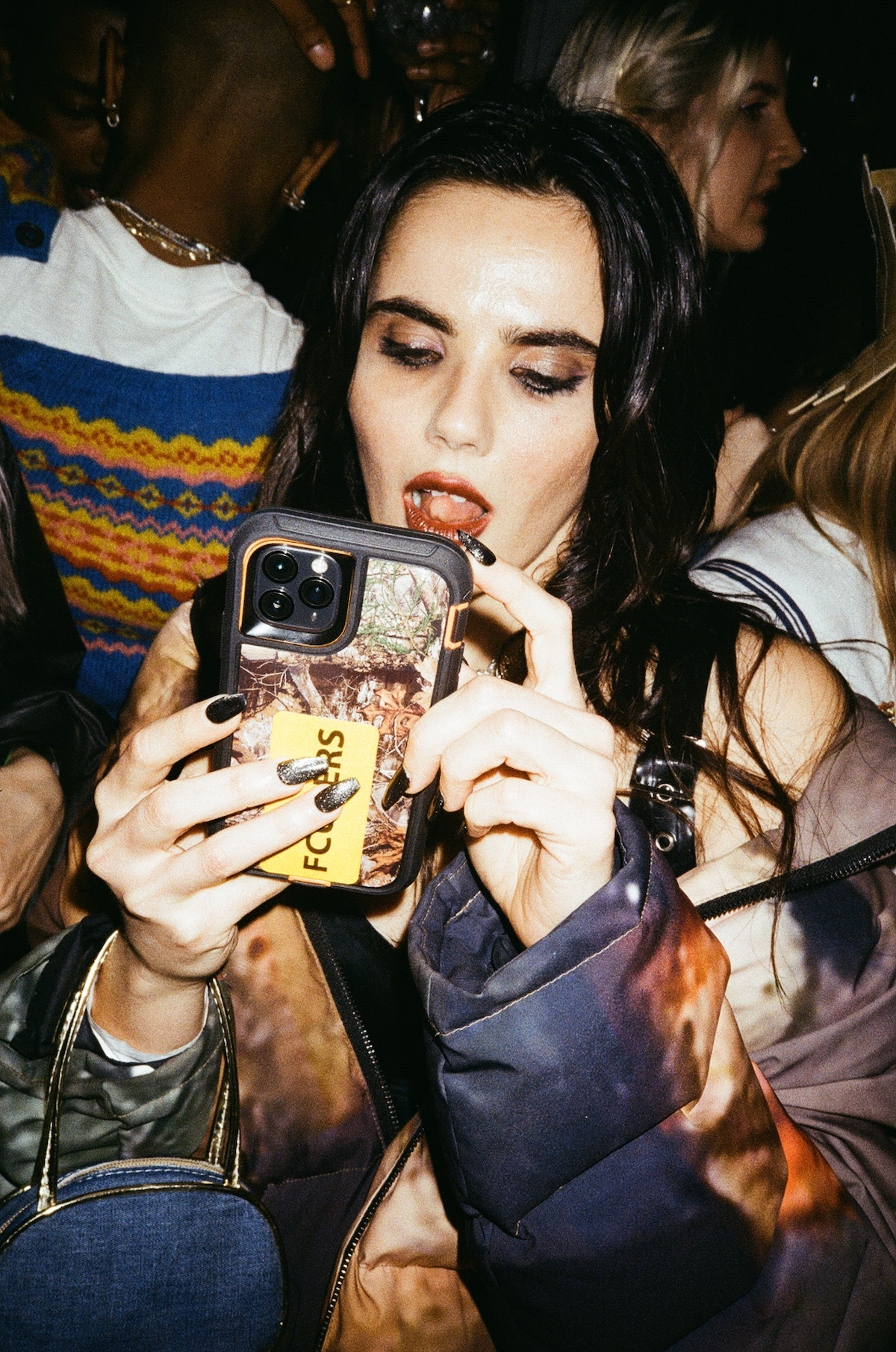
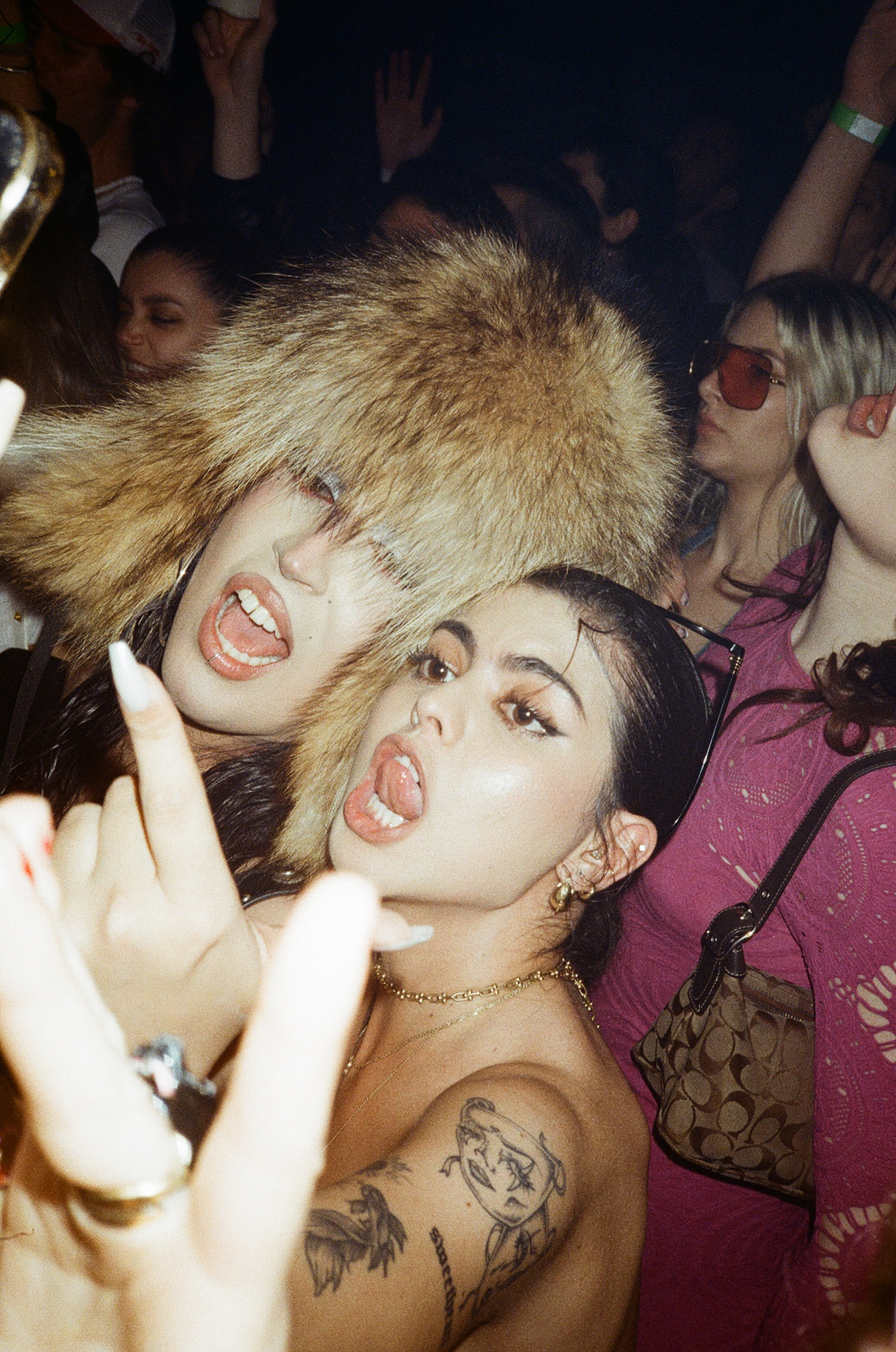
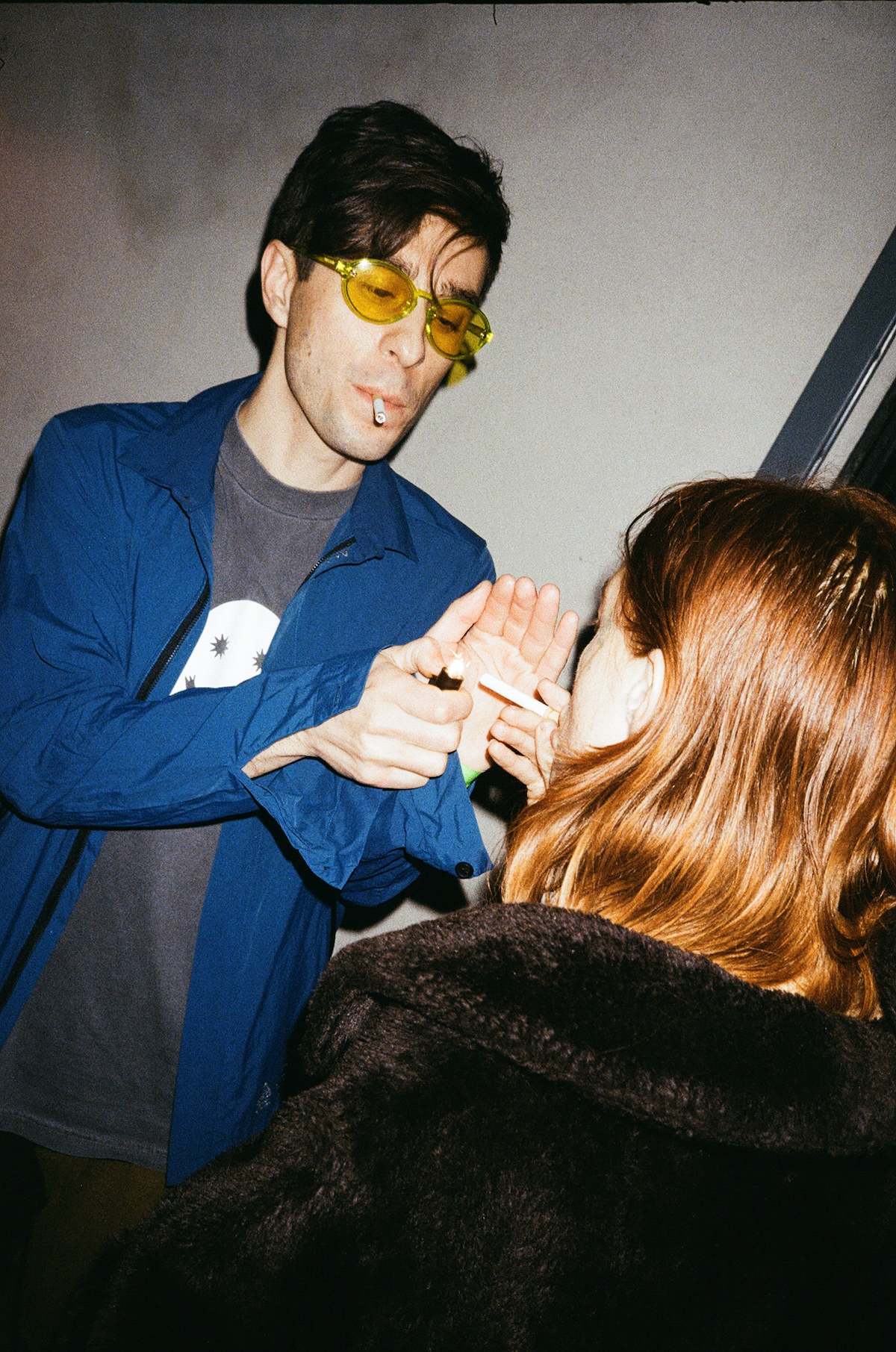
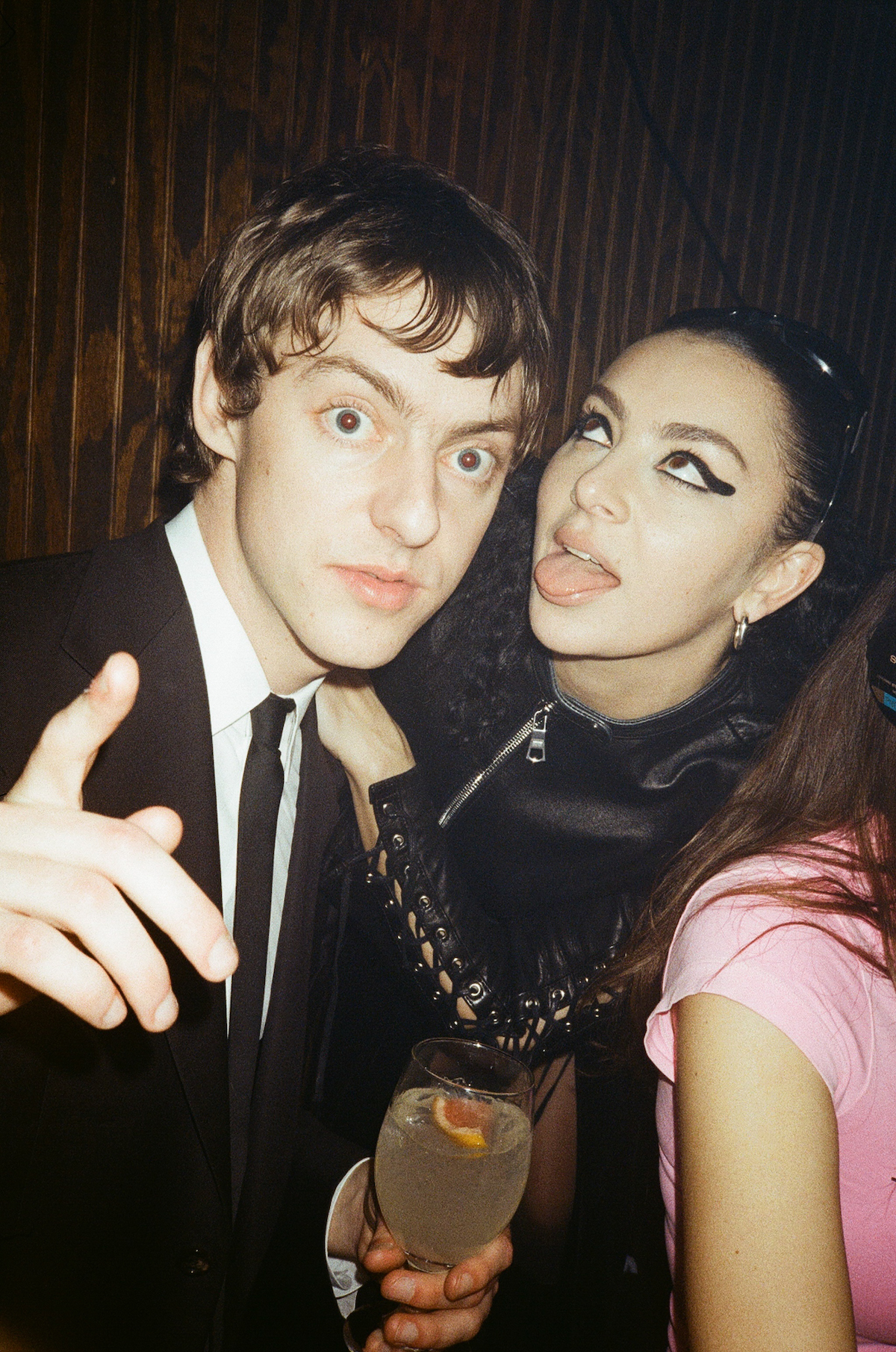
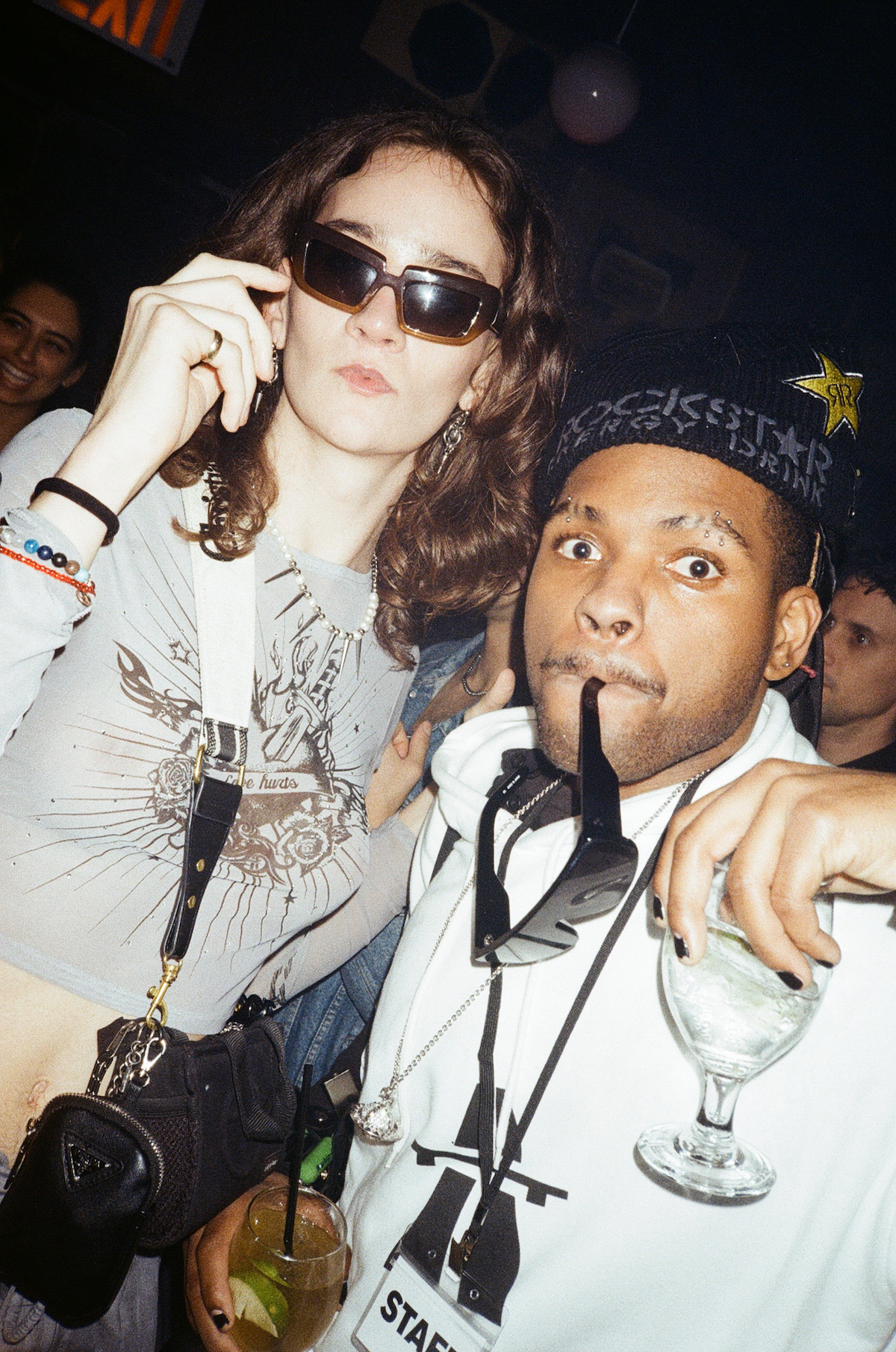
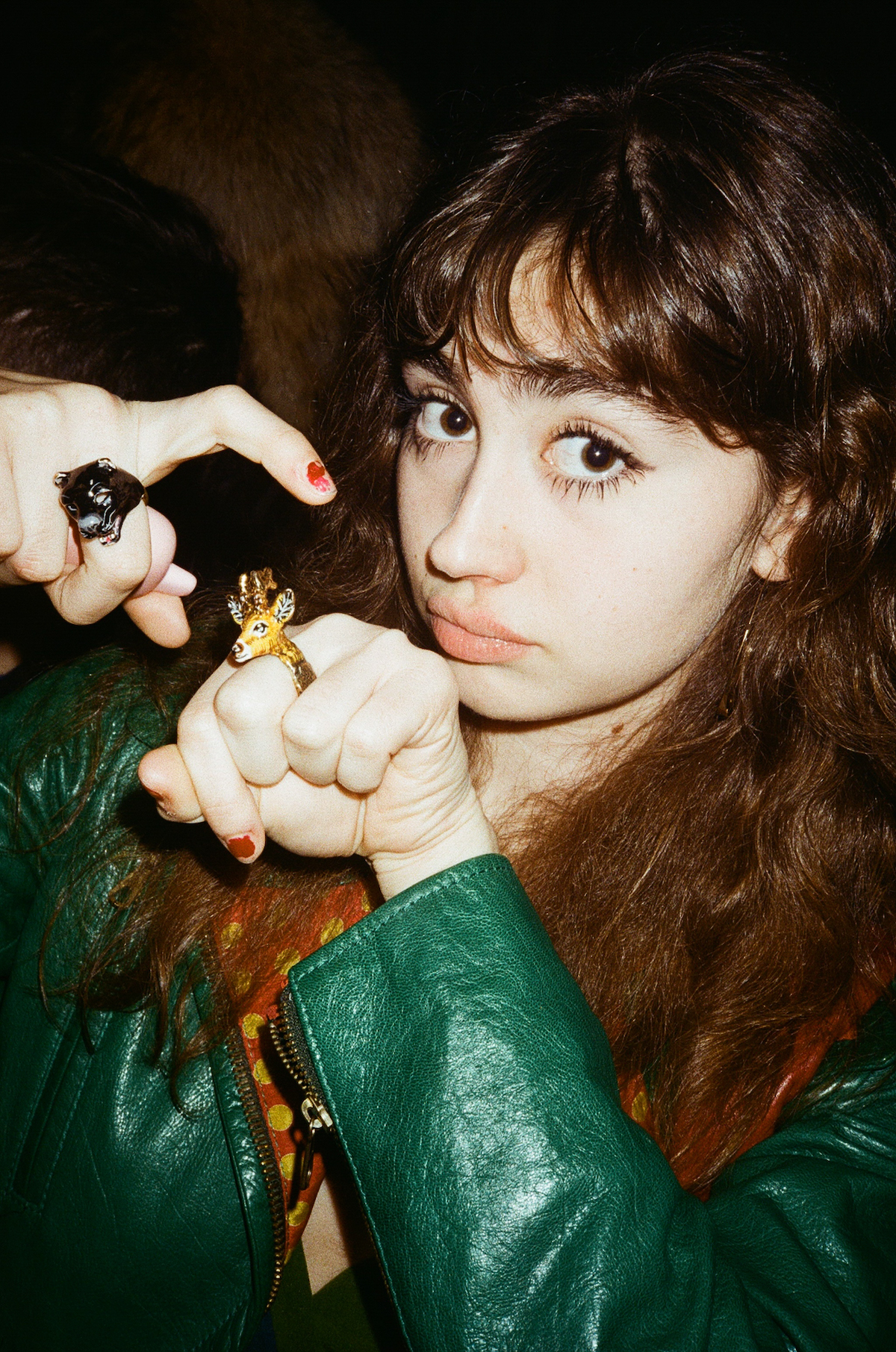
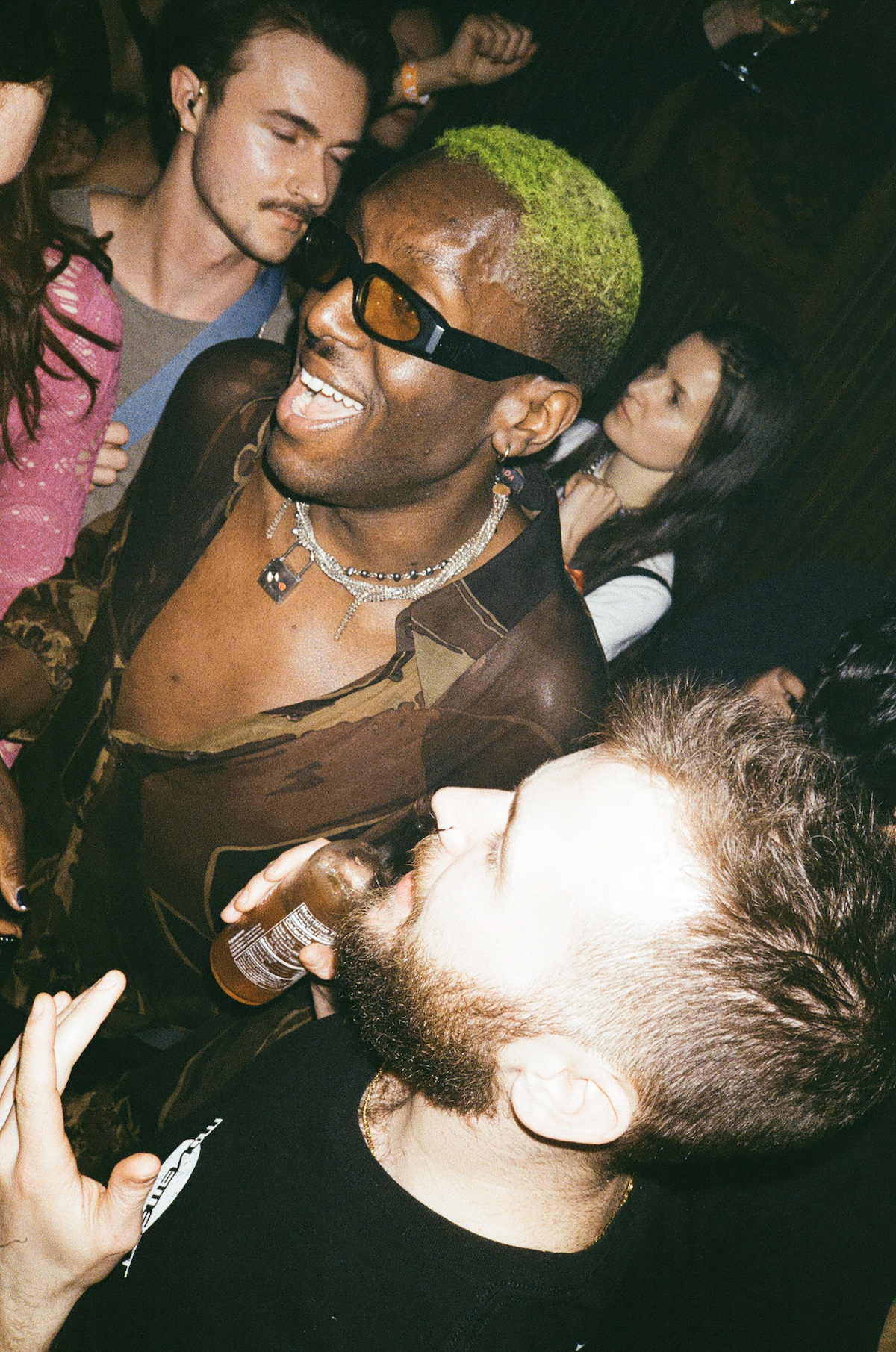
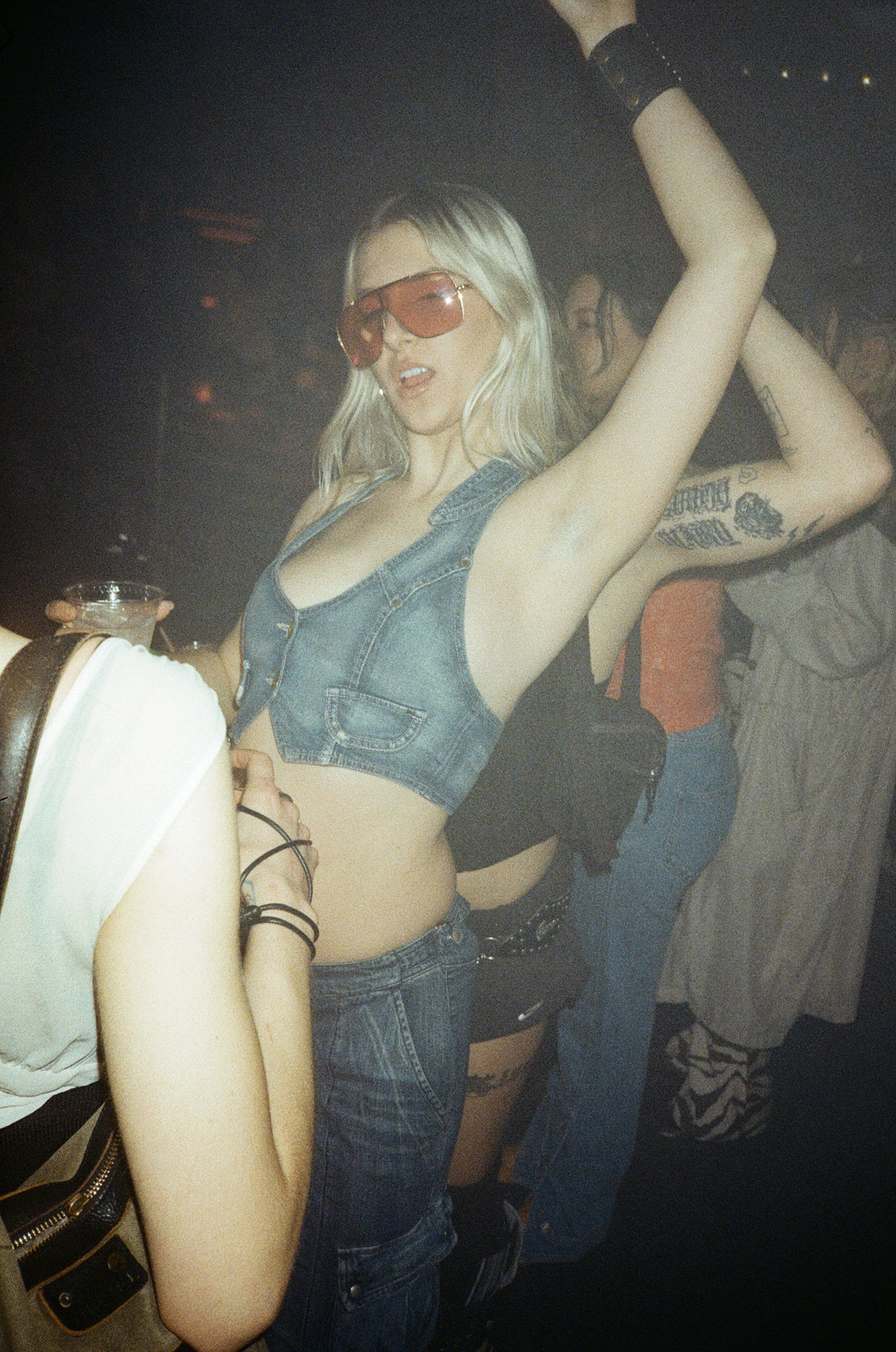
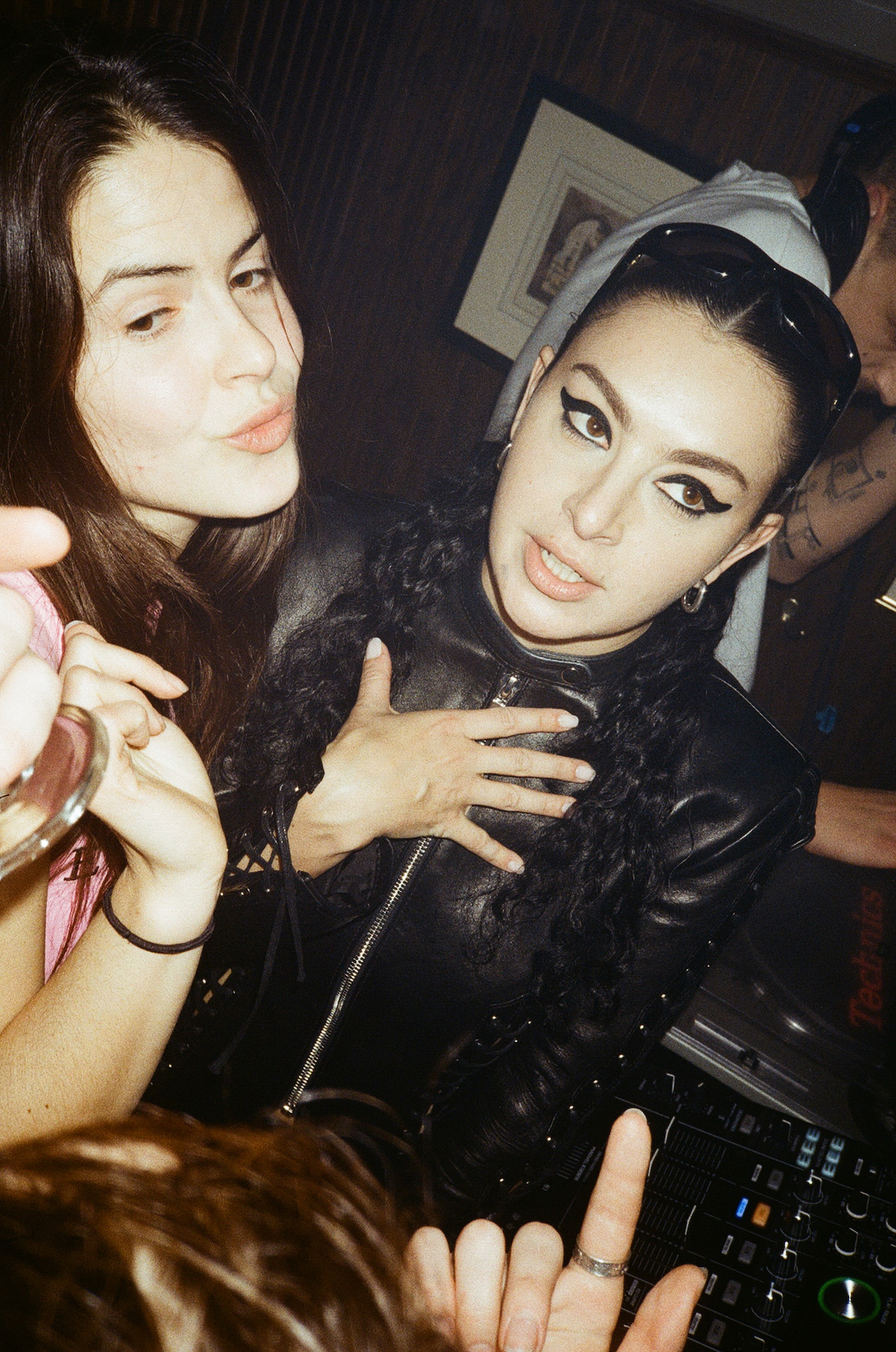
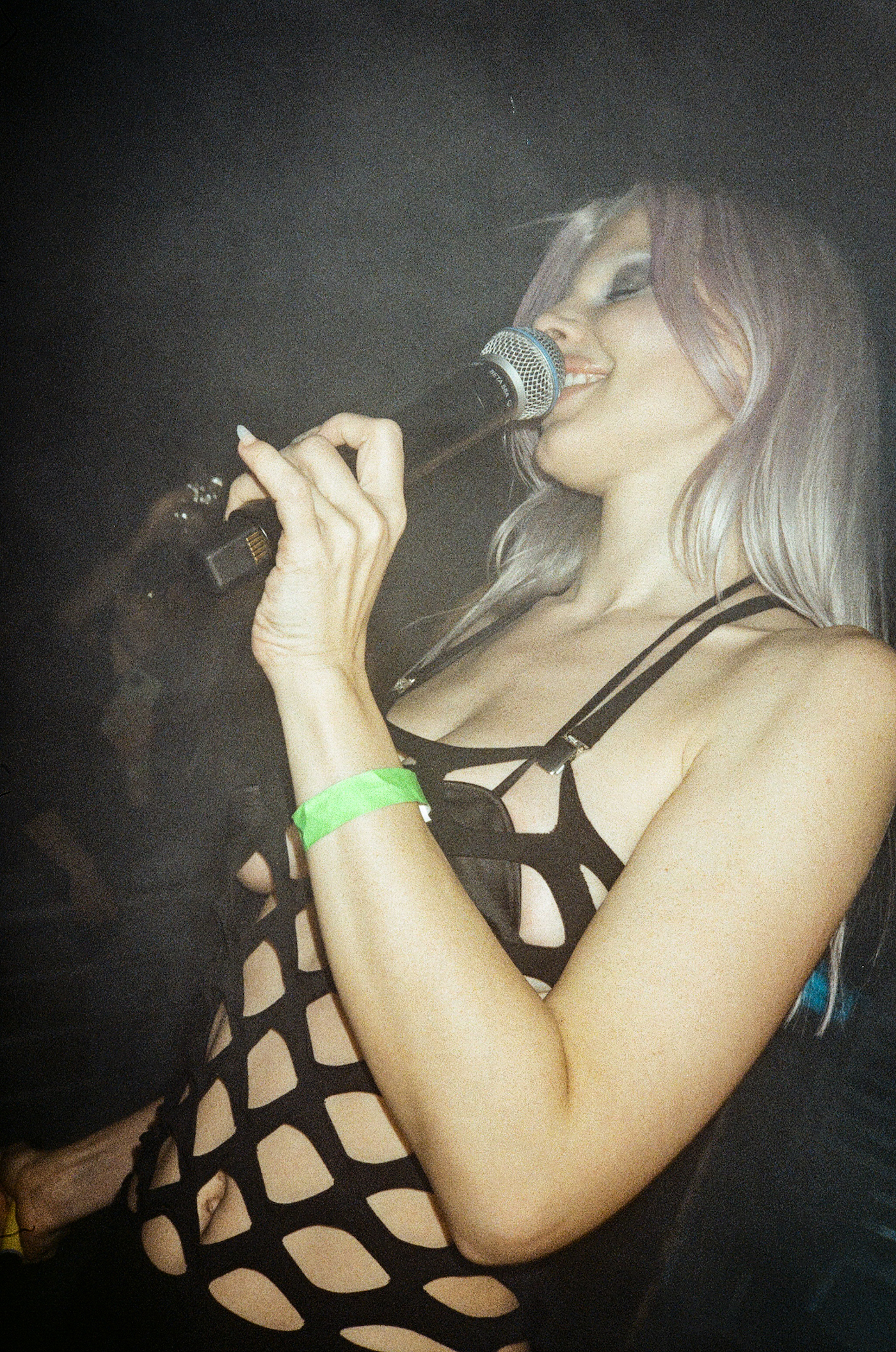
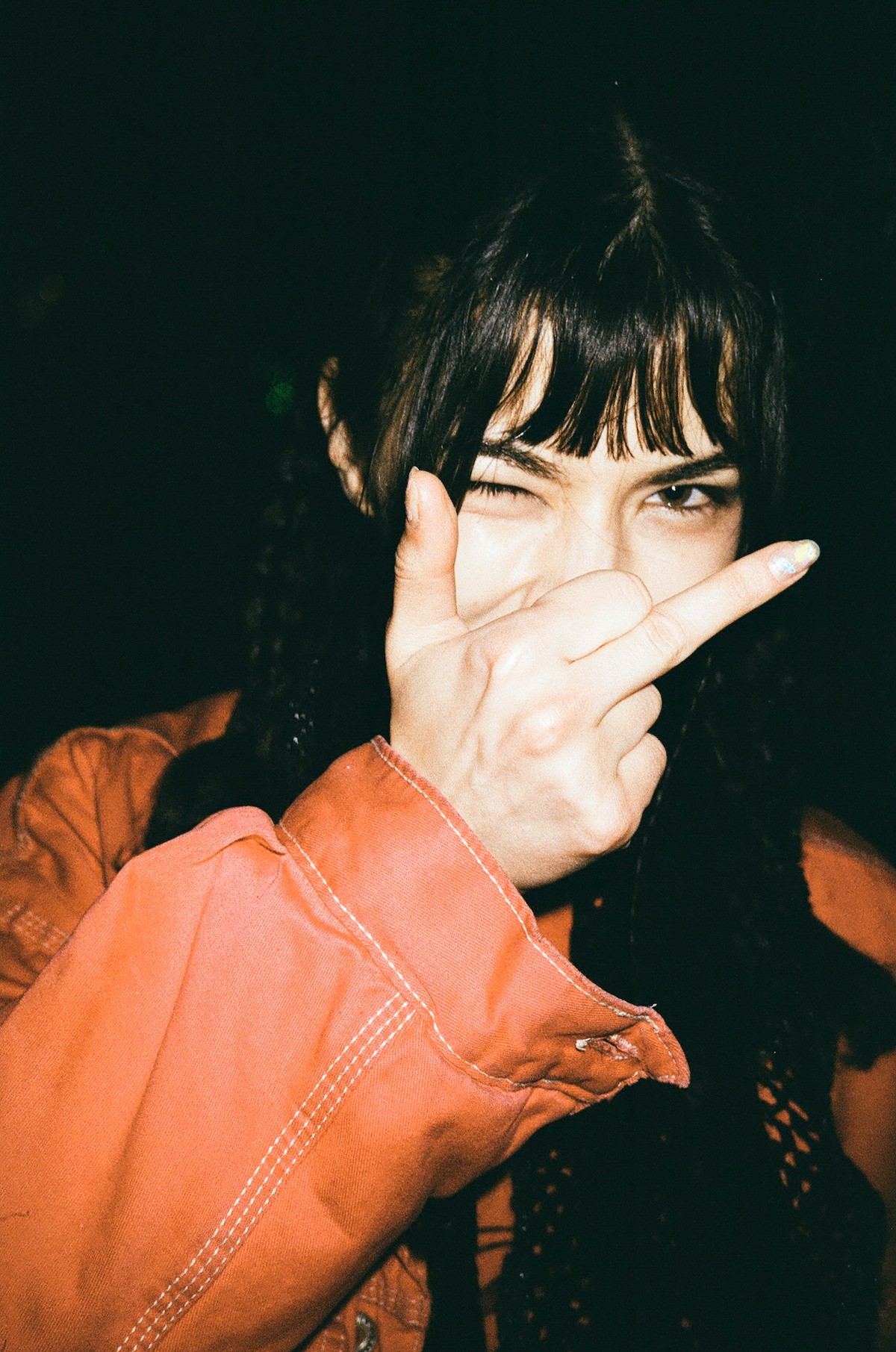

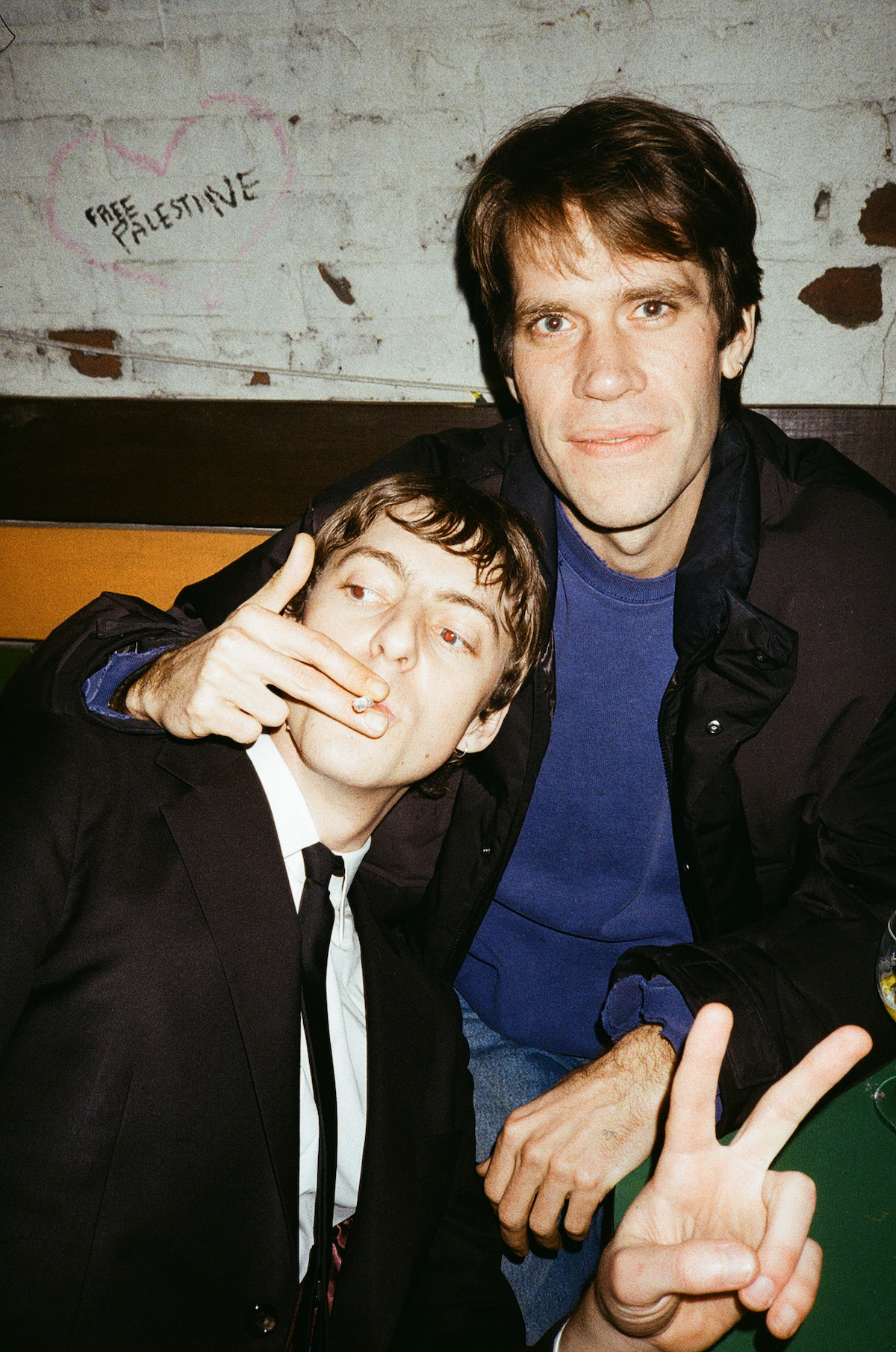
Joey King— JULIA FOX BLEW OUT THE SPEAKERS.
Sam Wachs— It was awesome.
Harrison Patrick Smith— A gentleman does not tell.